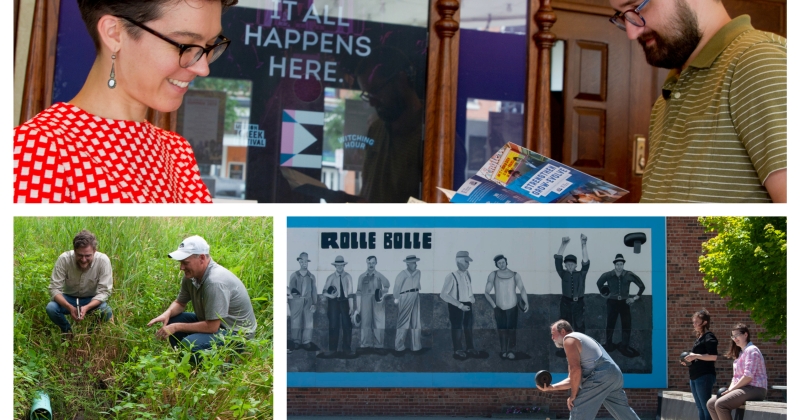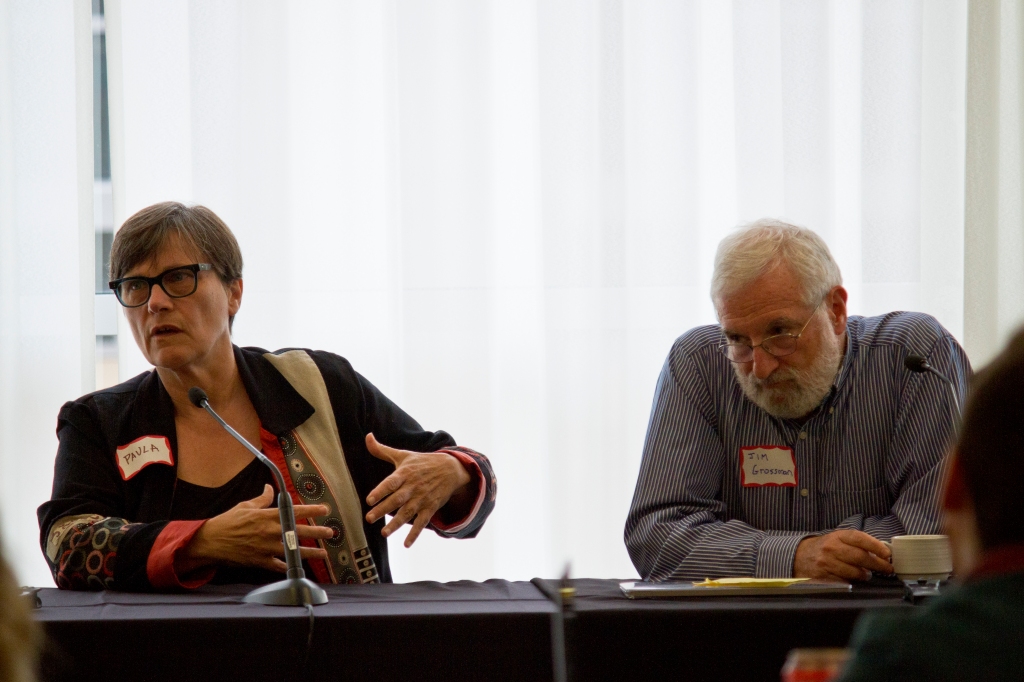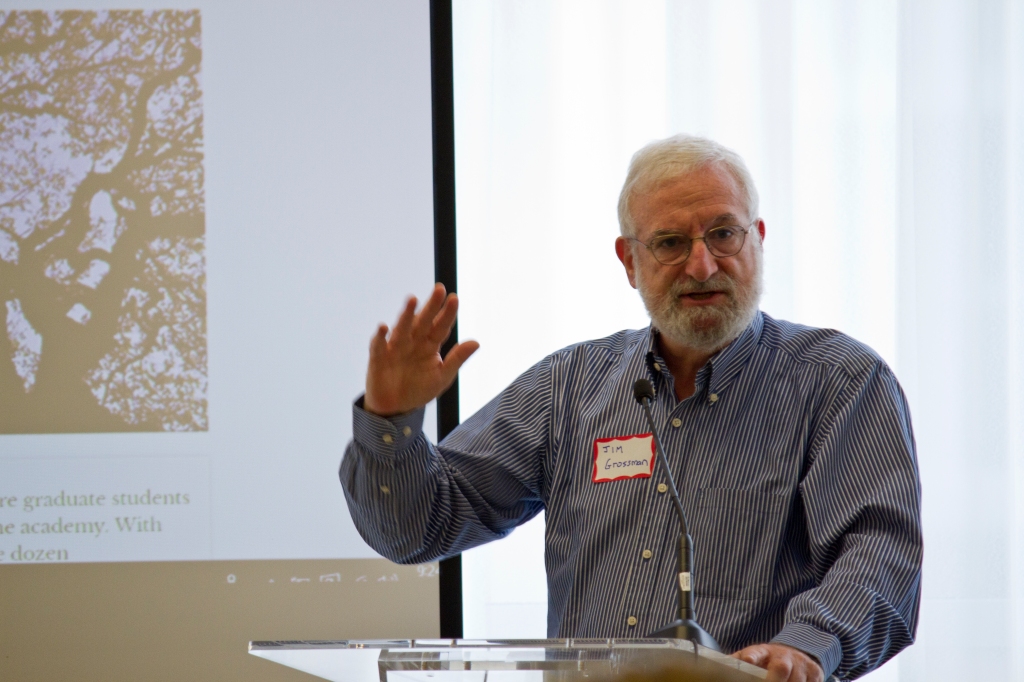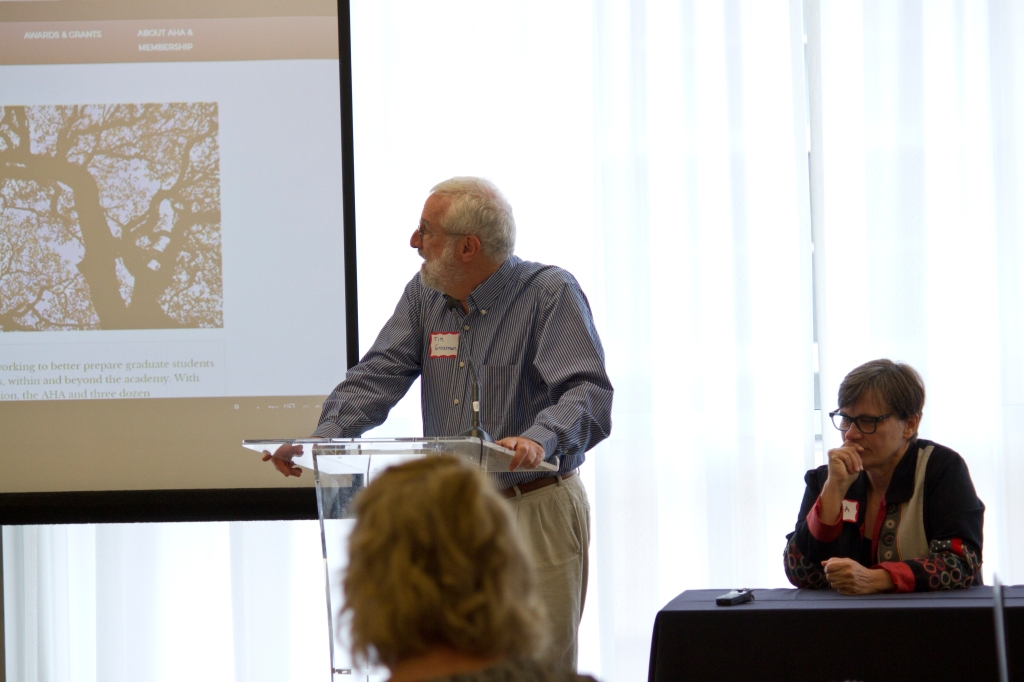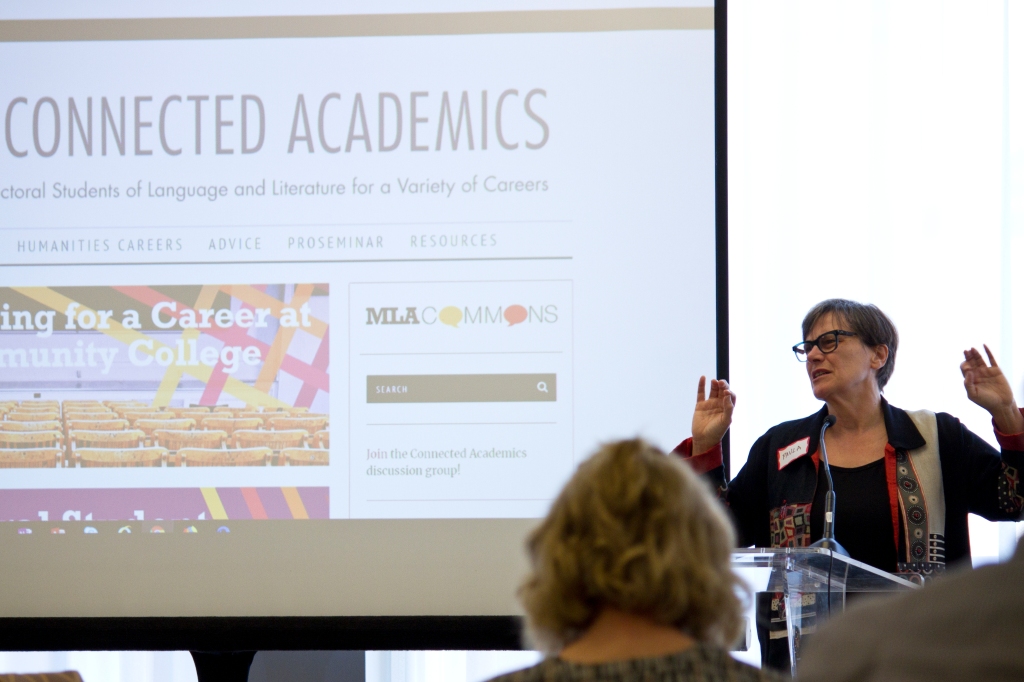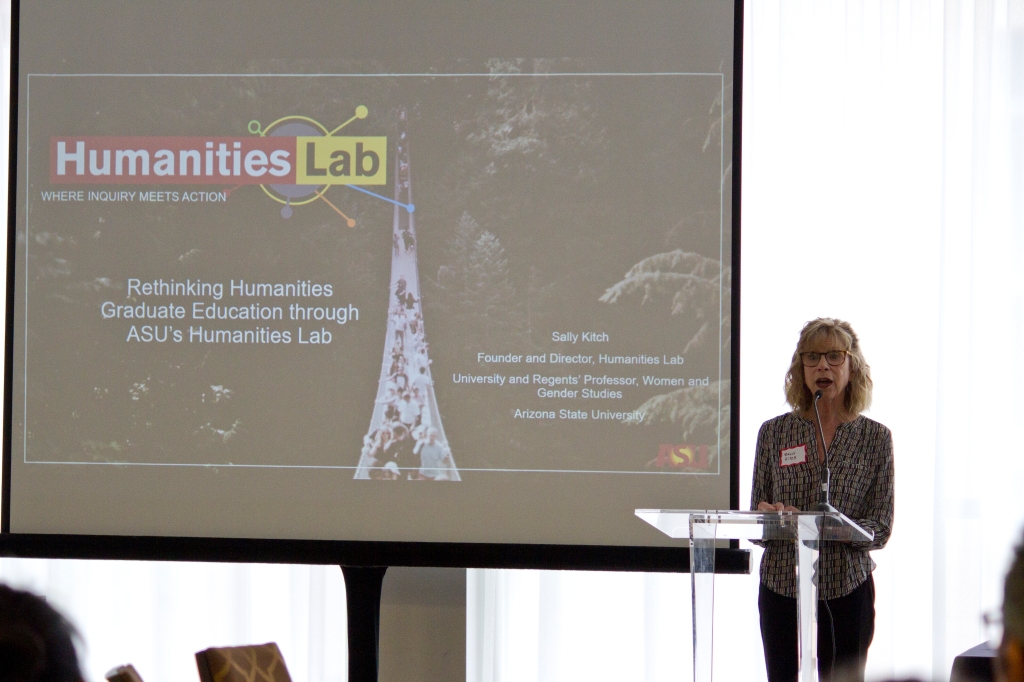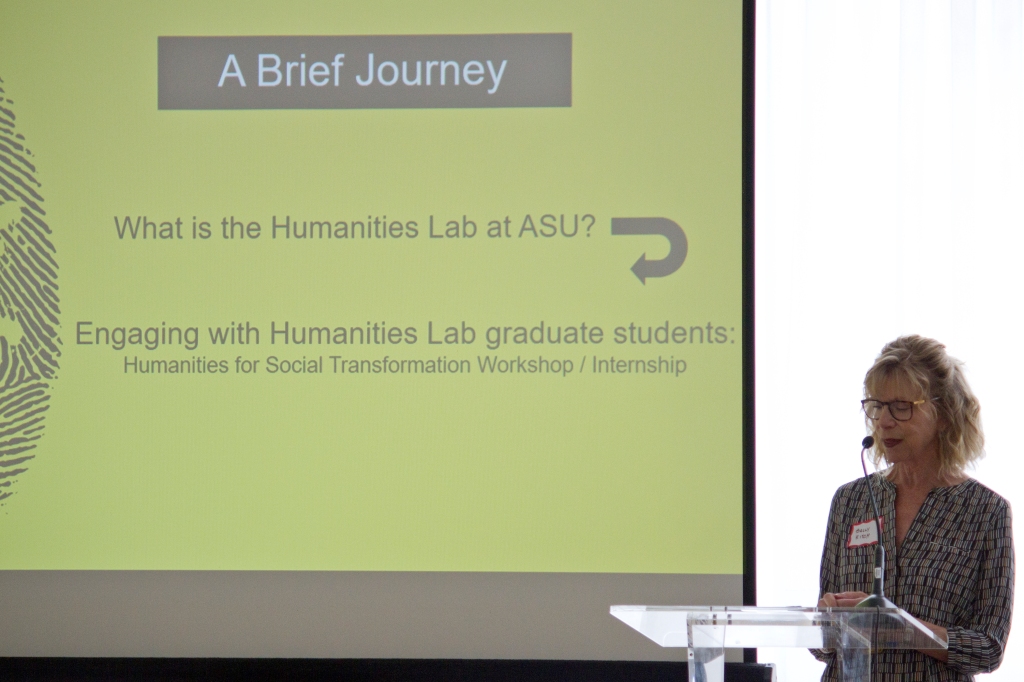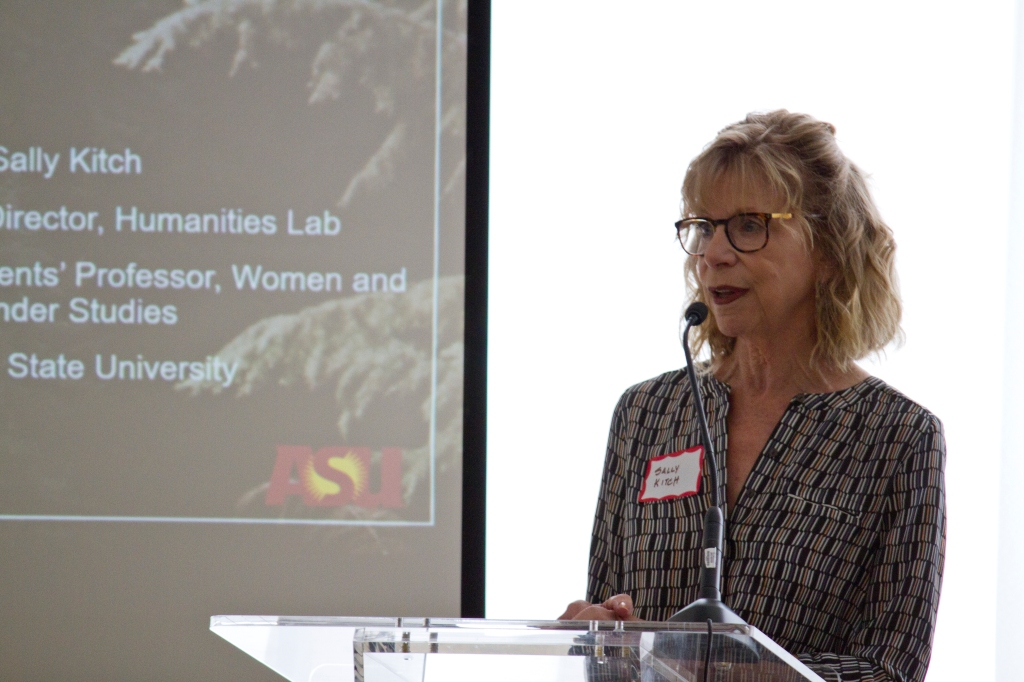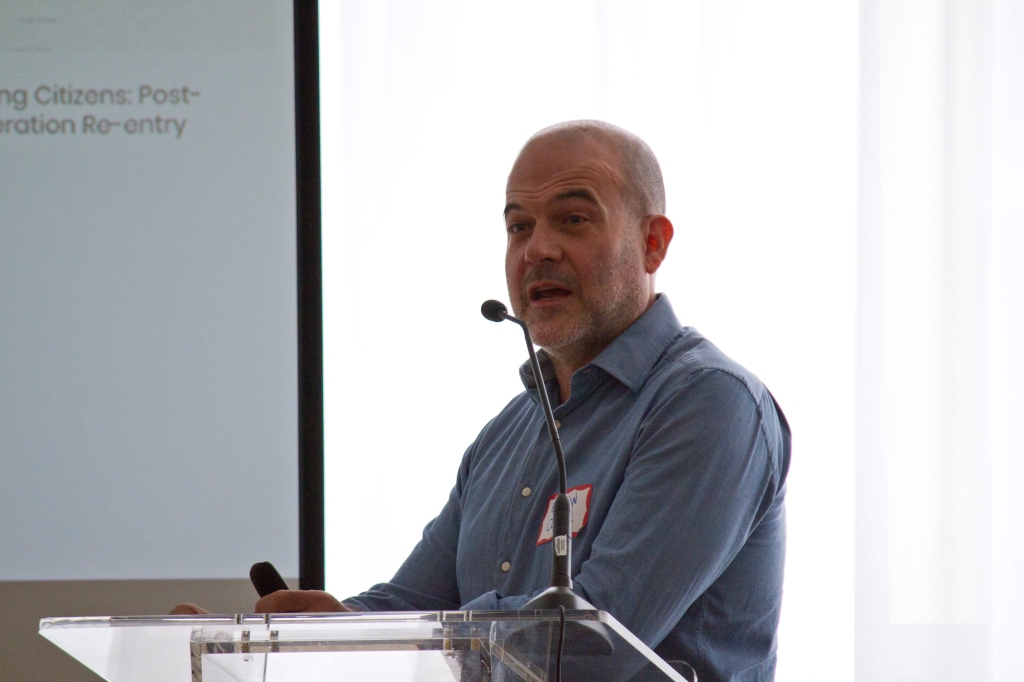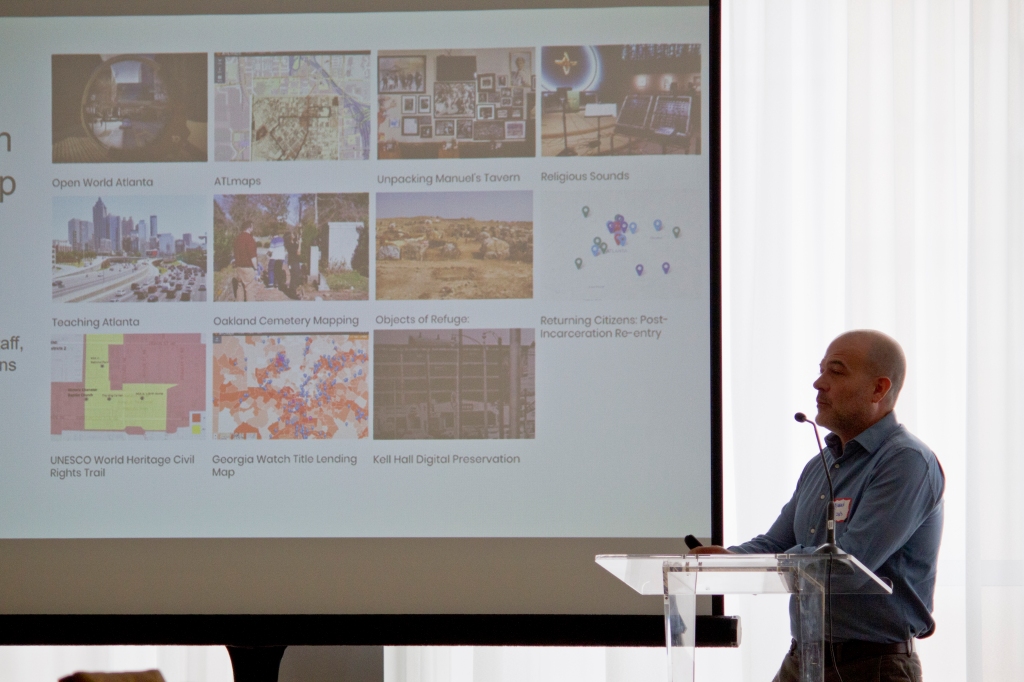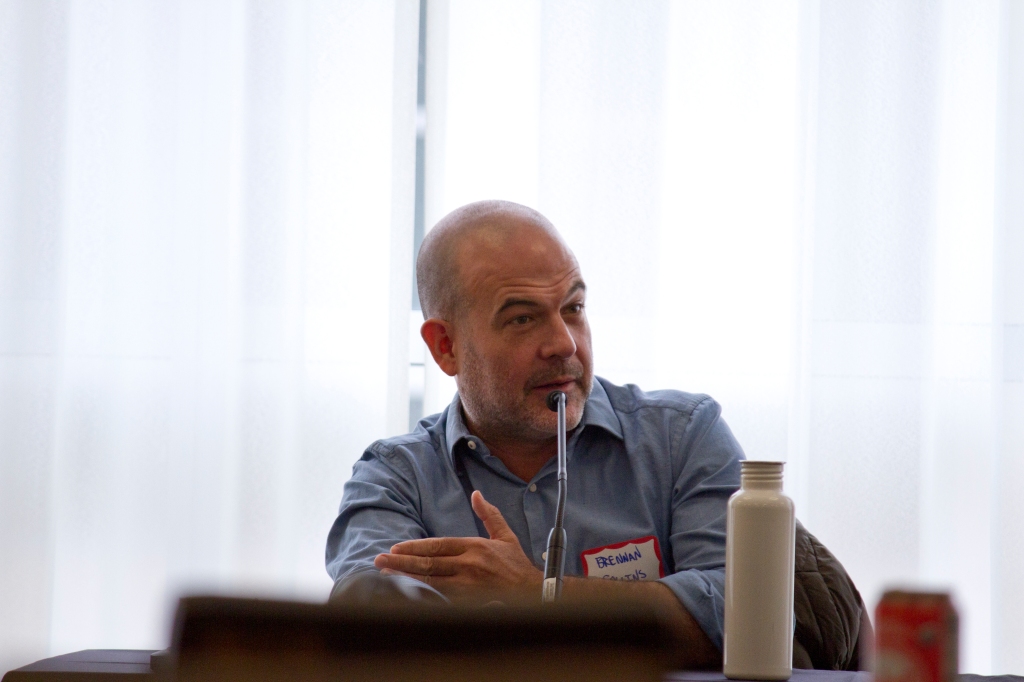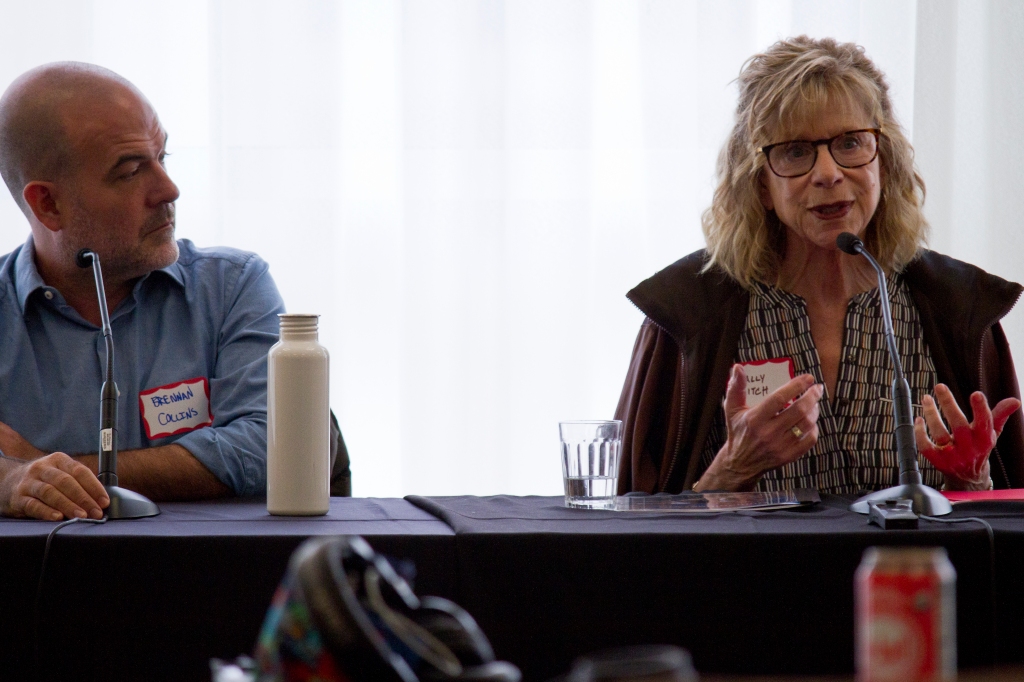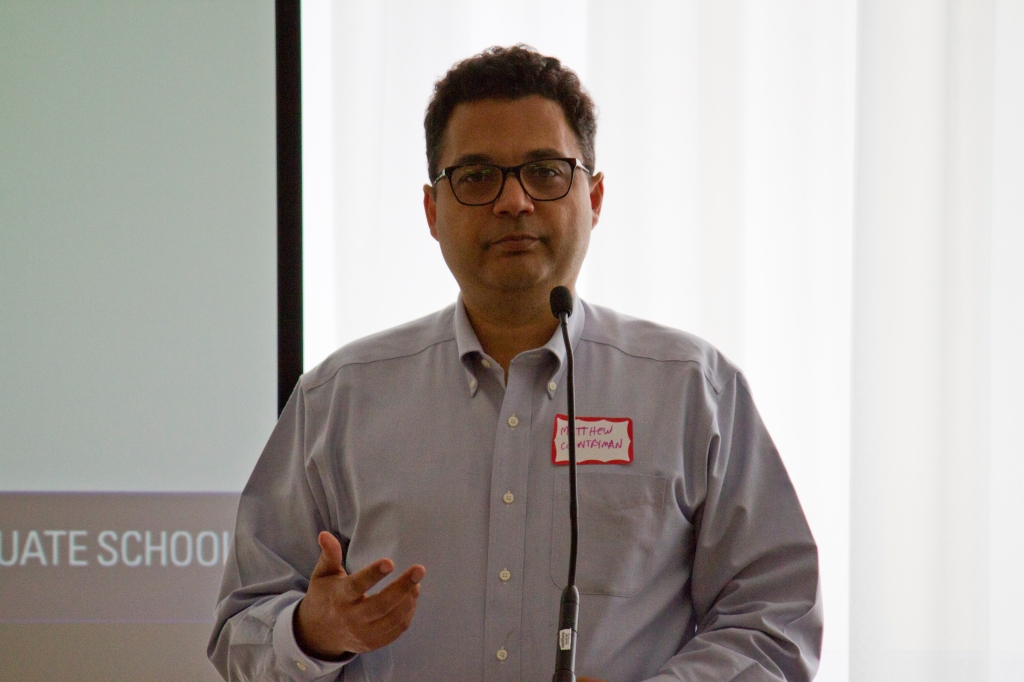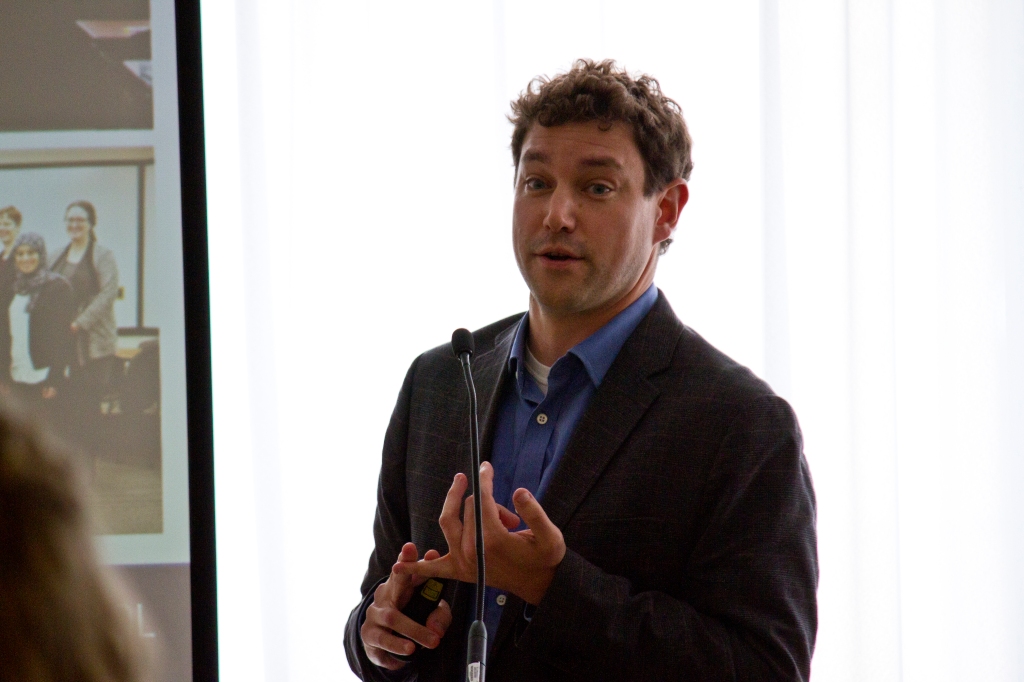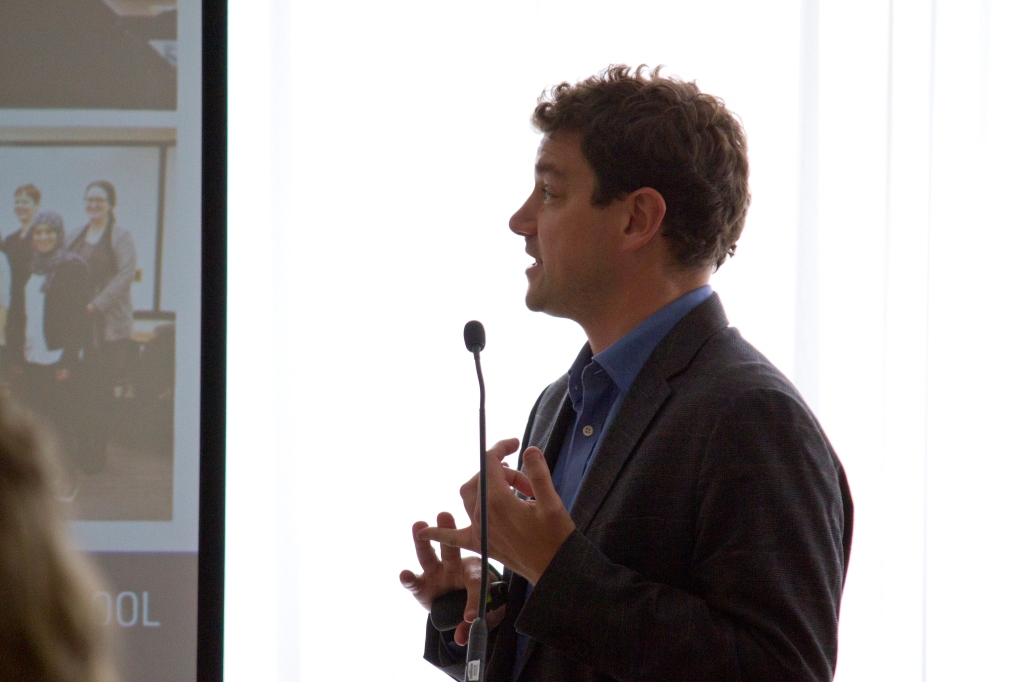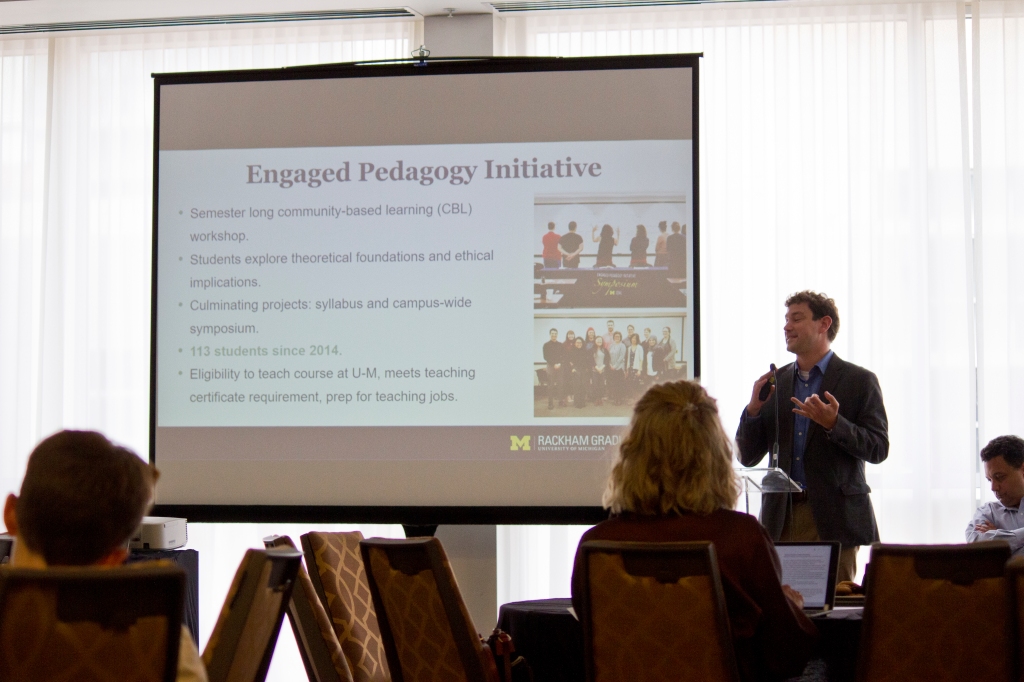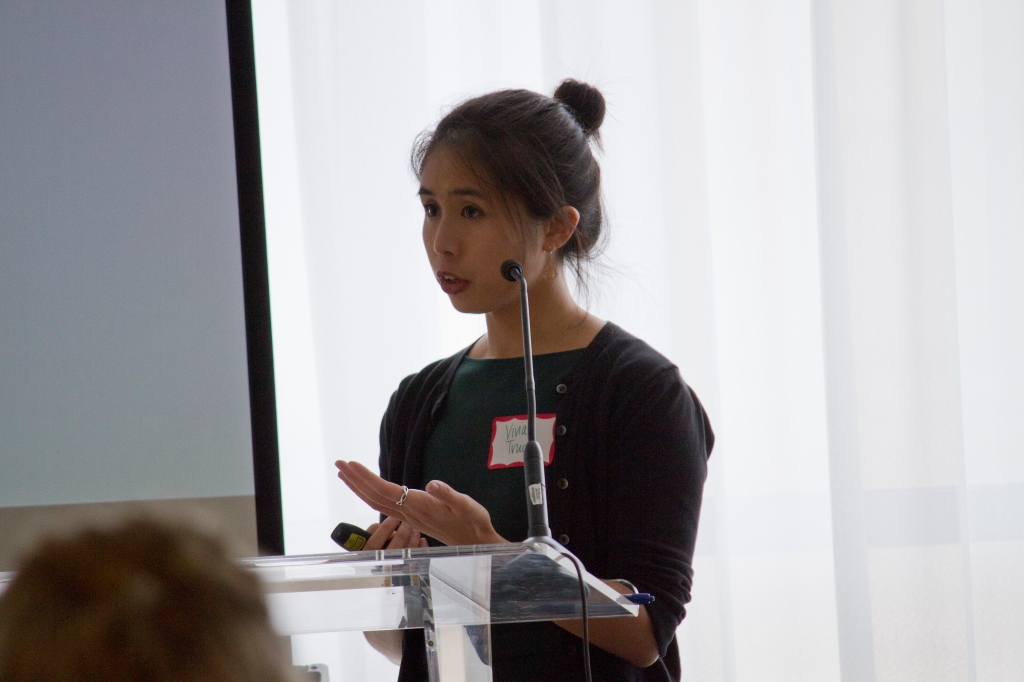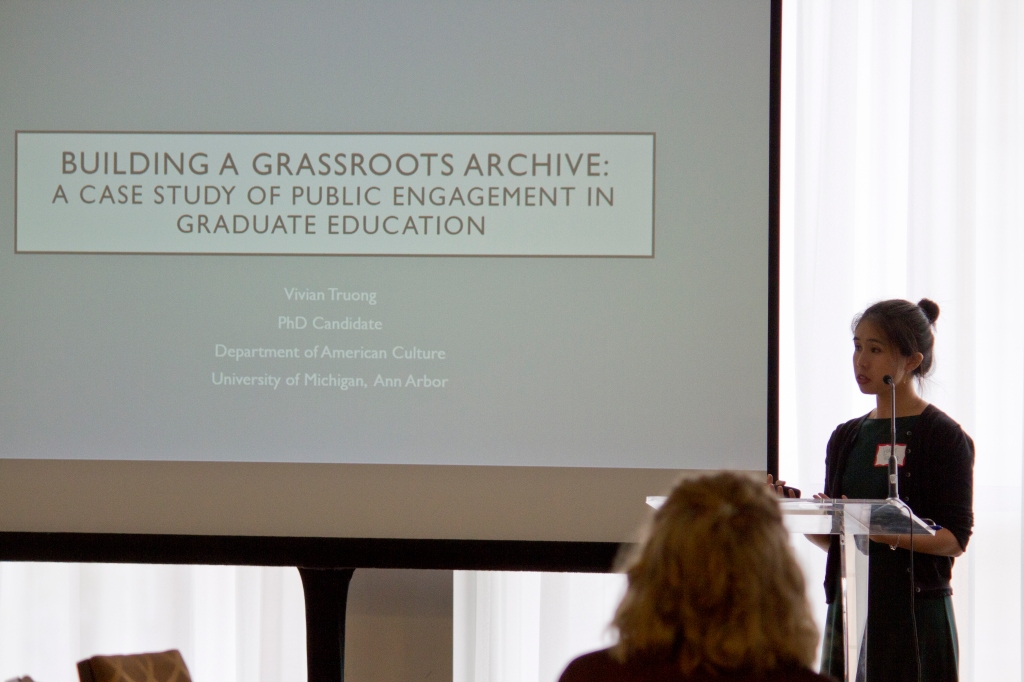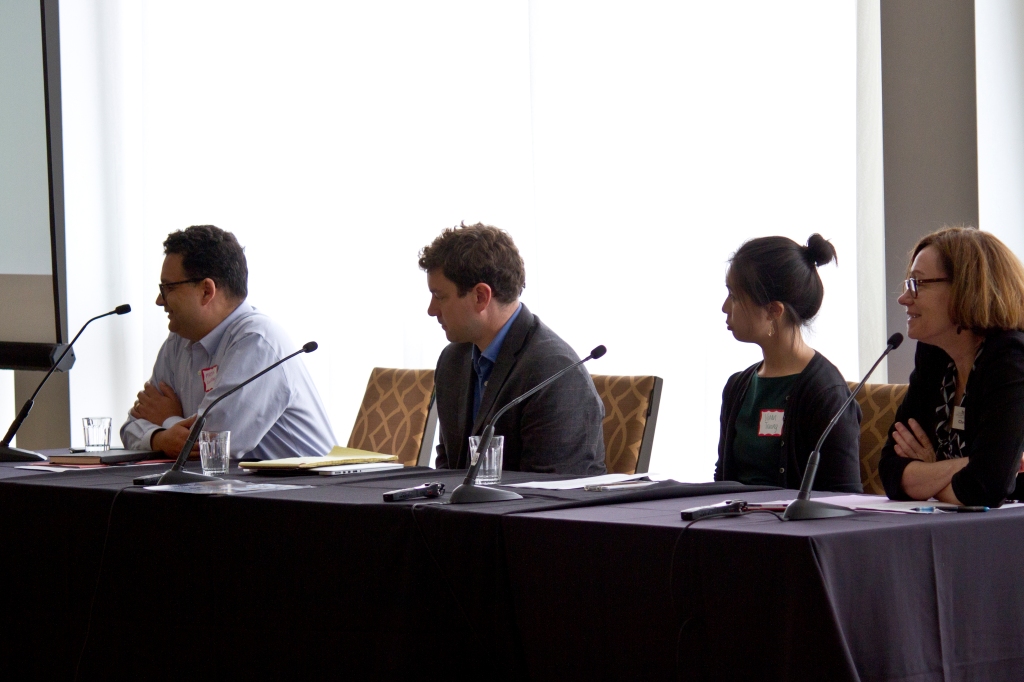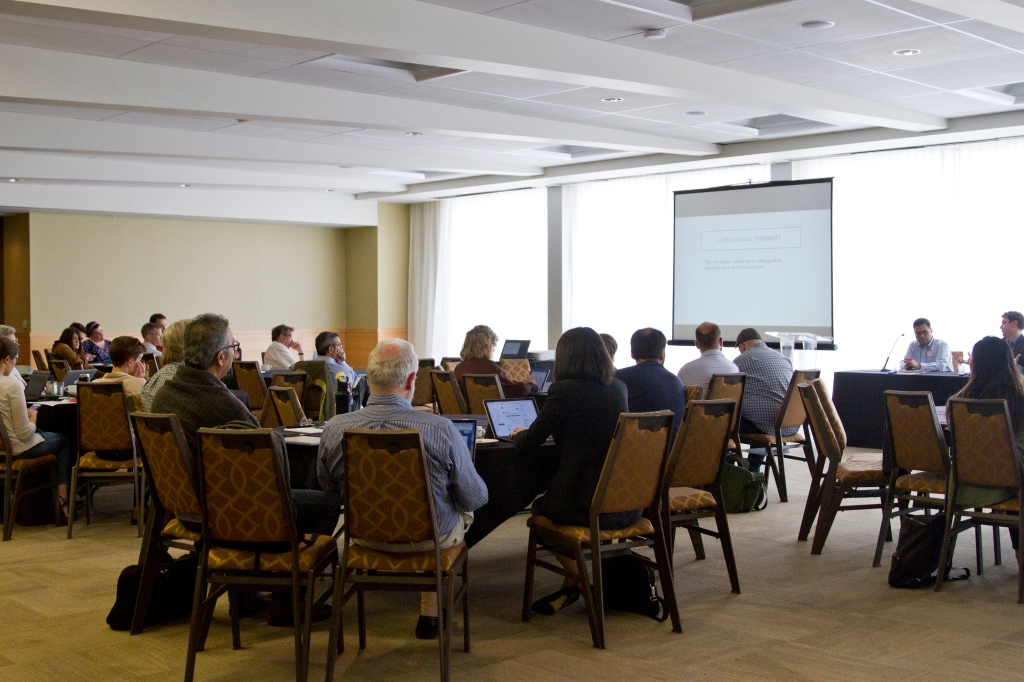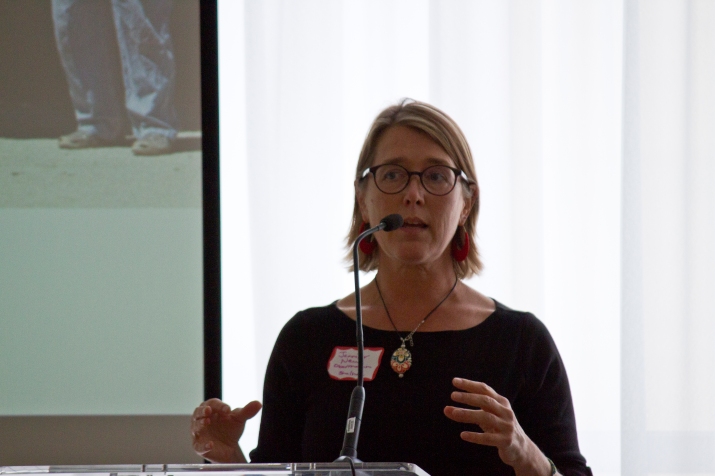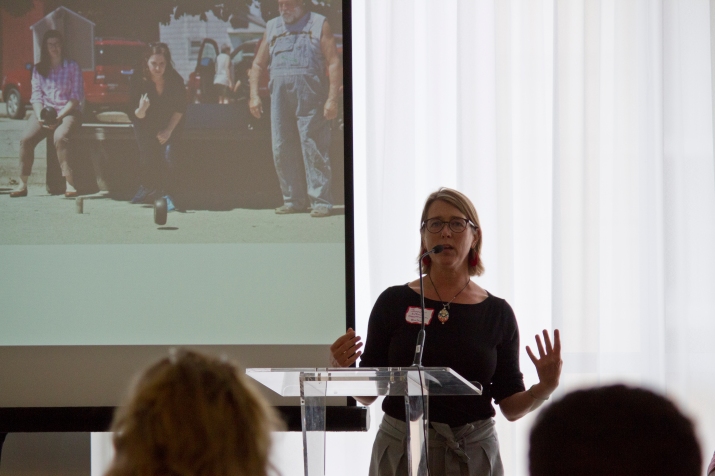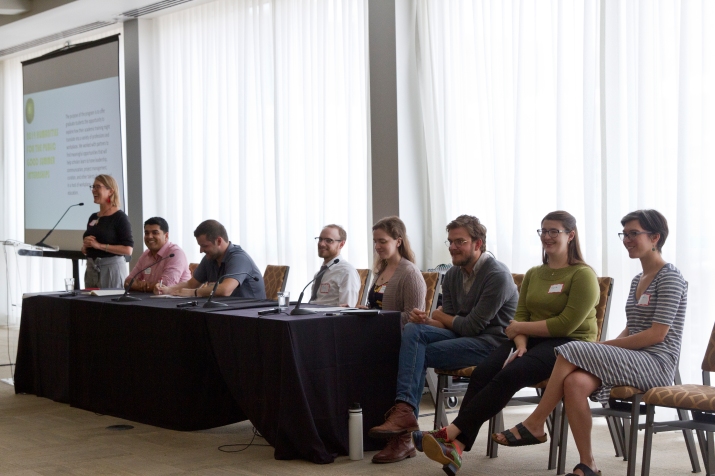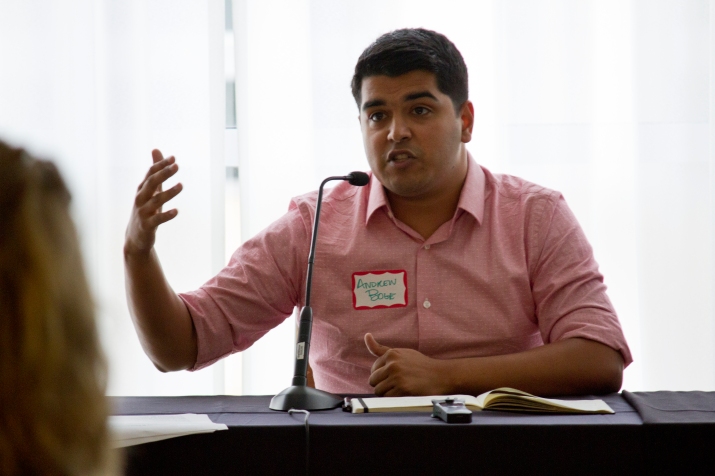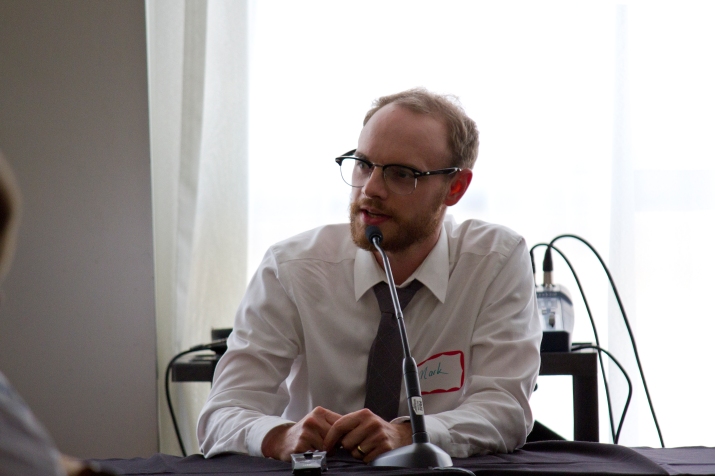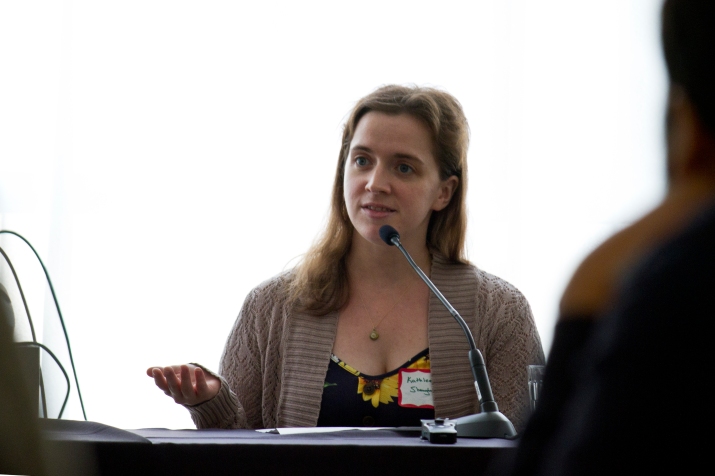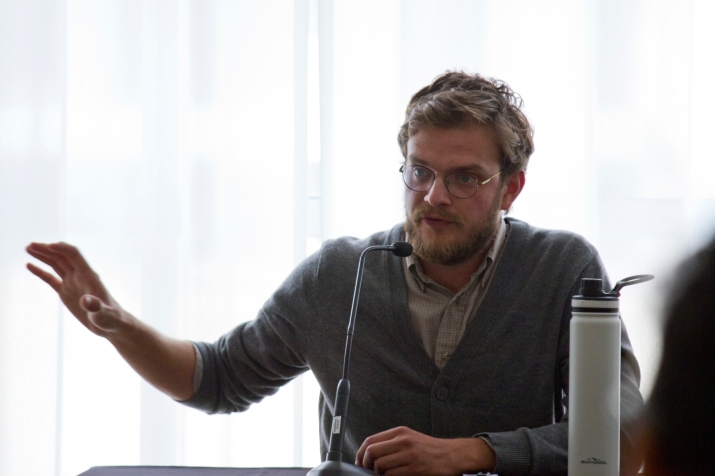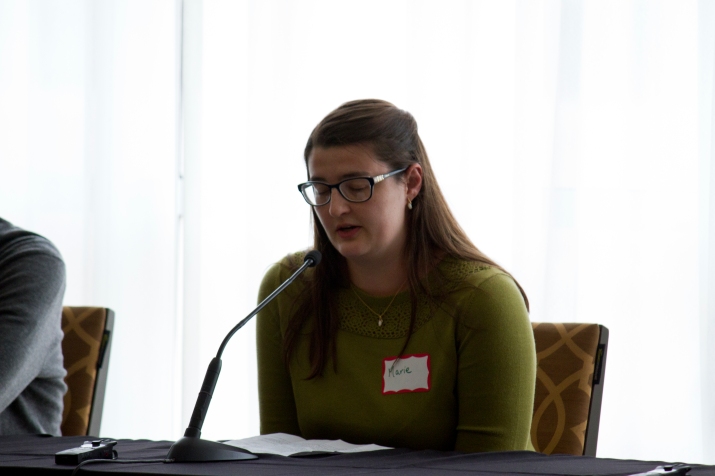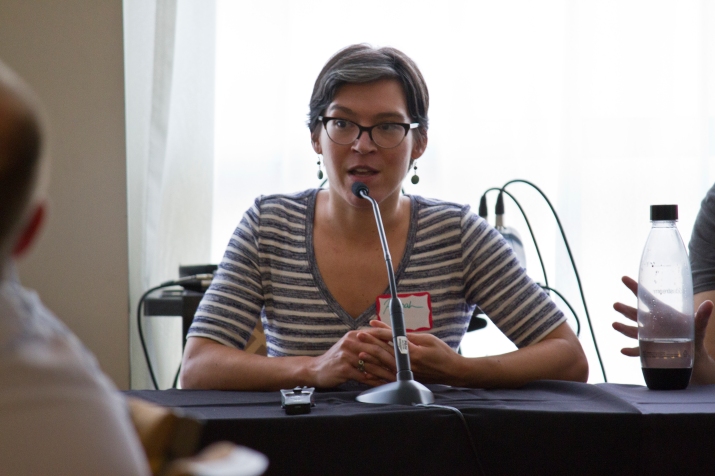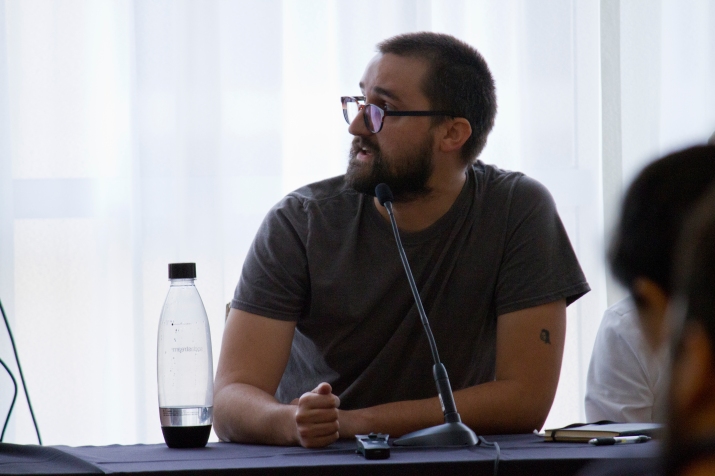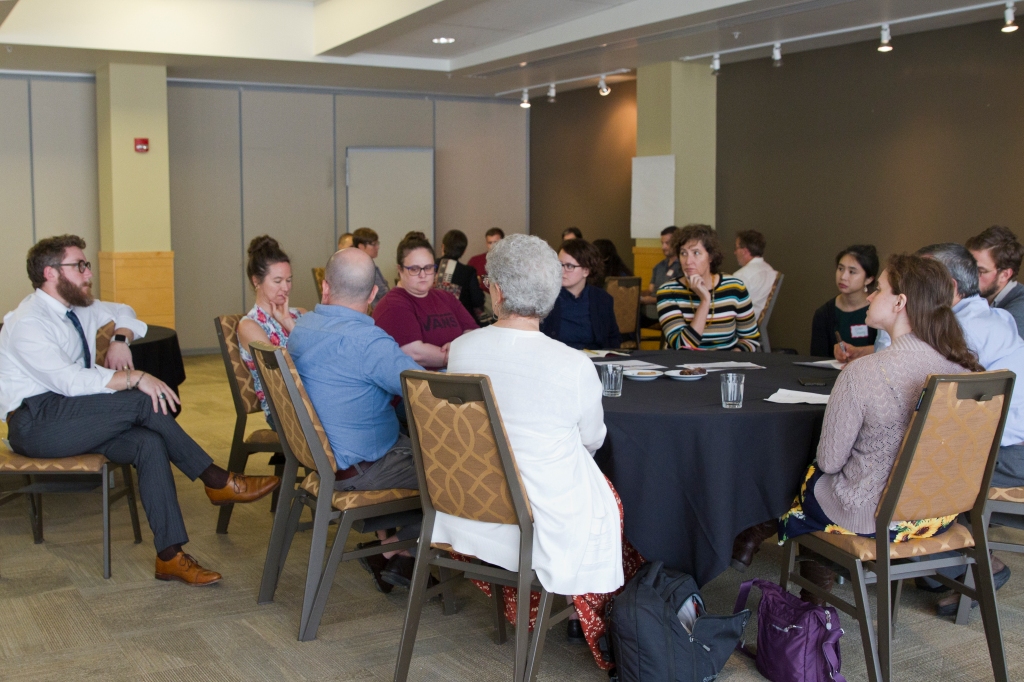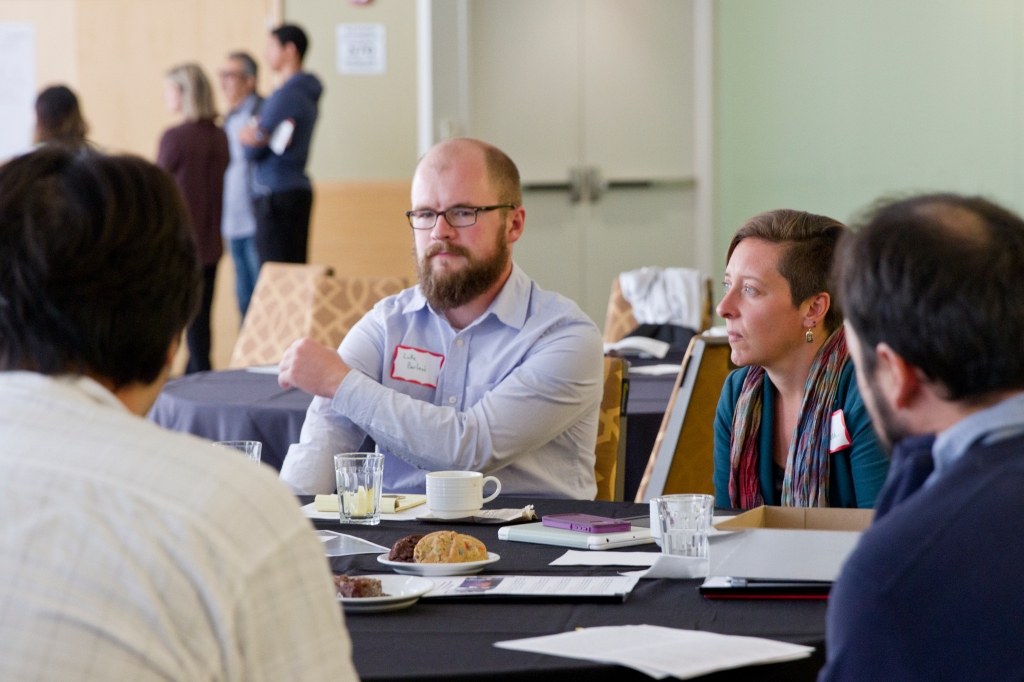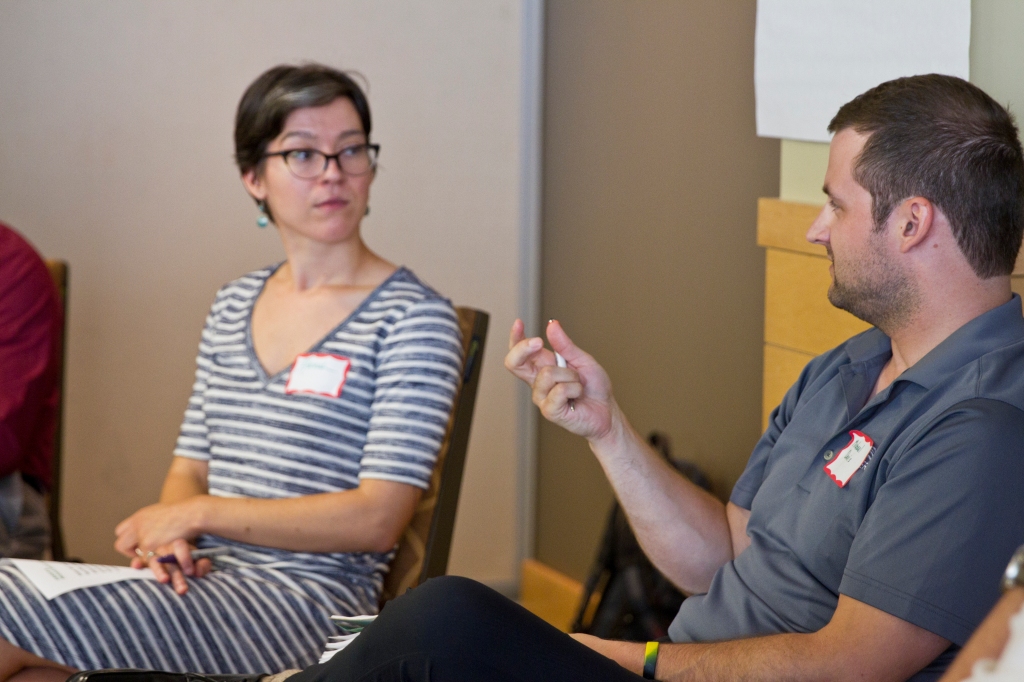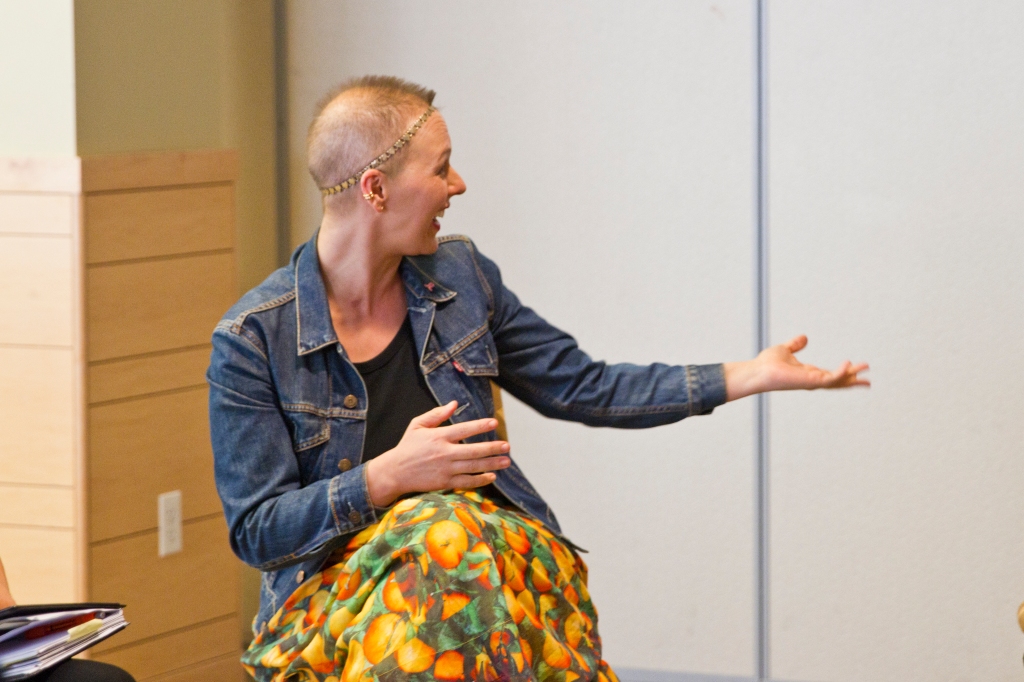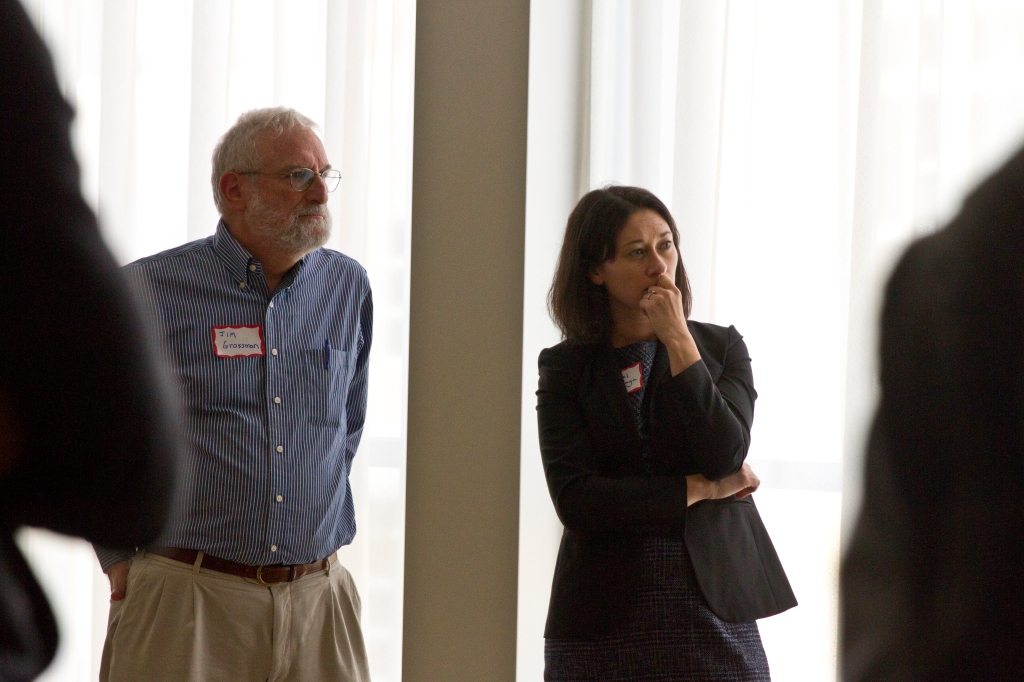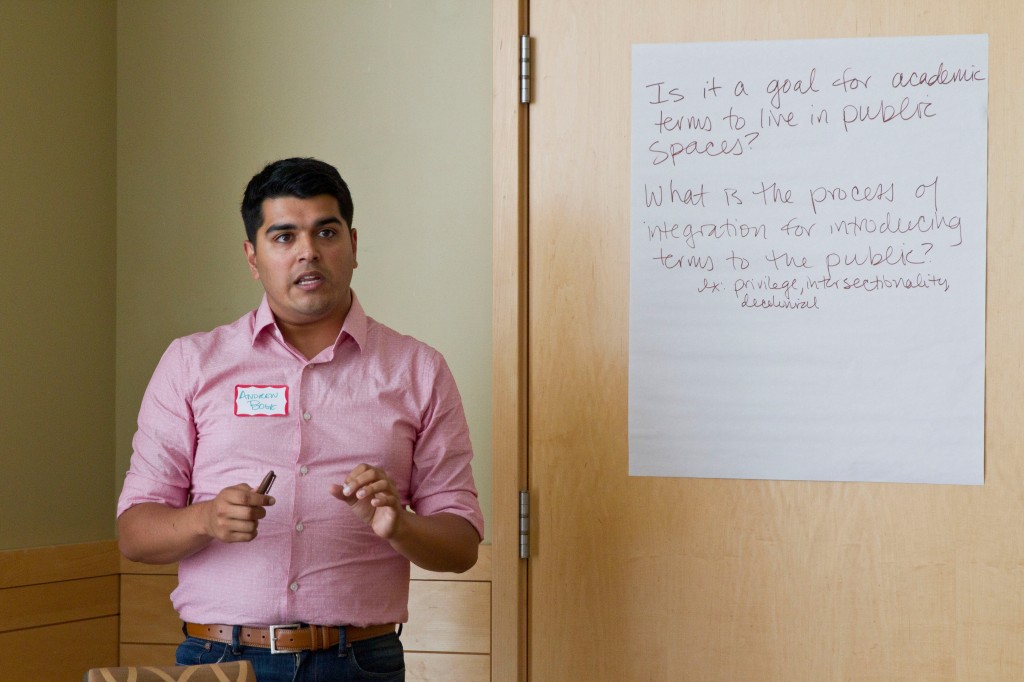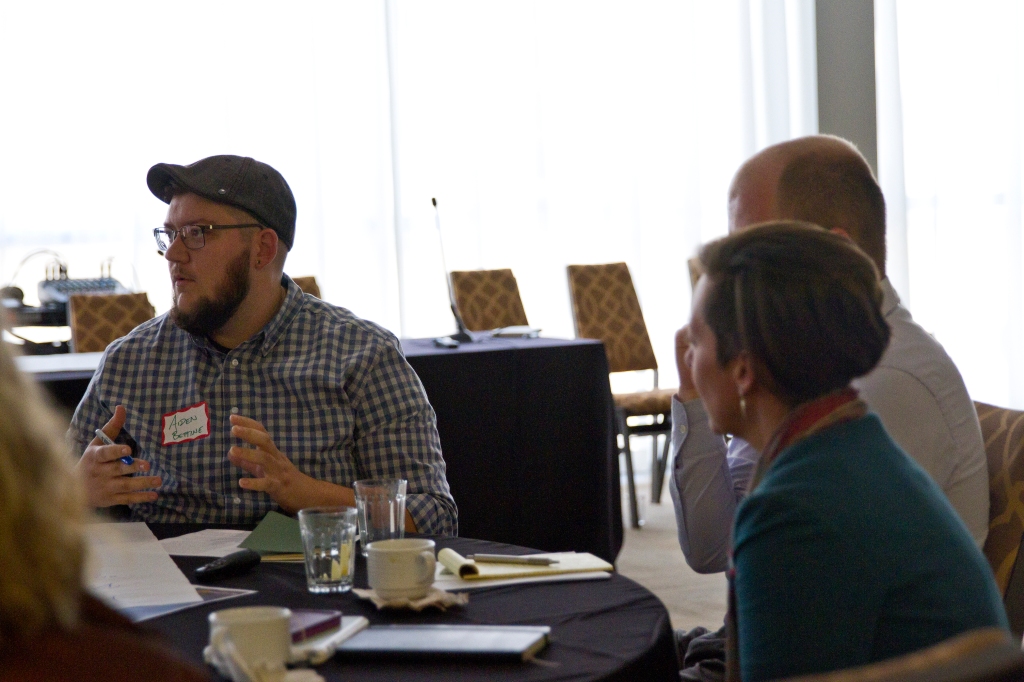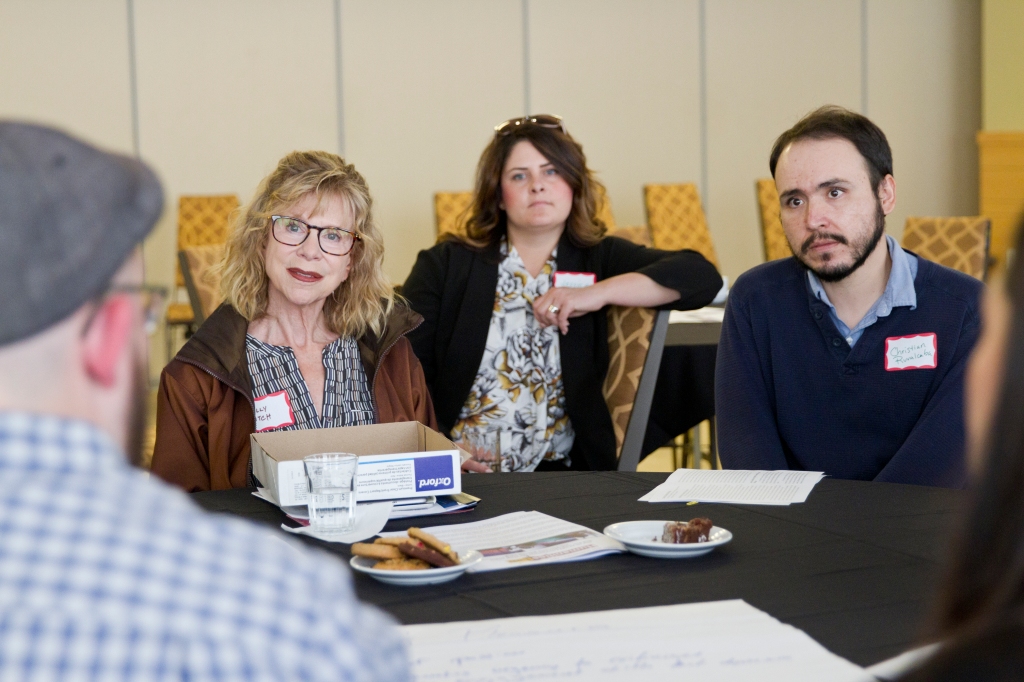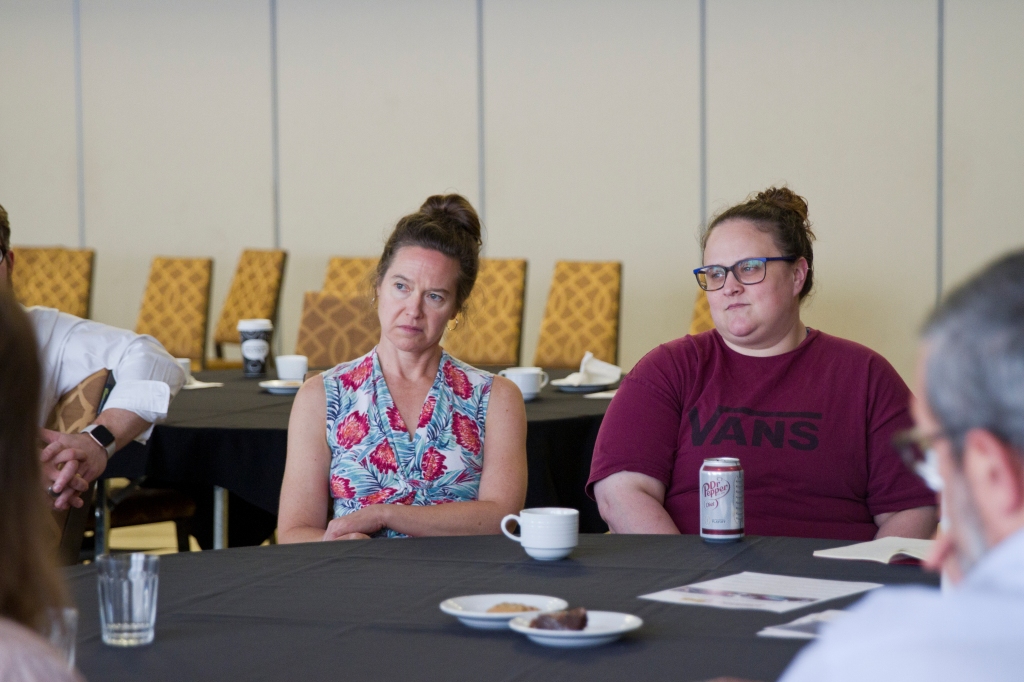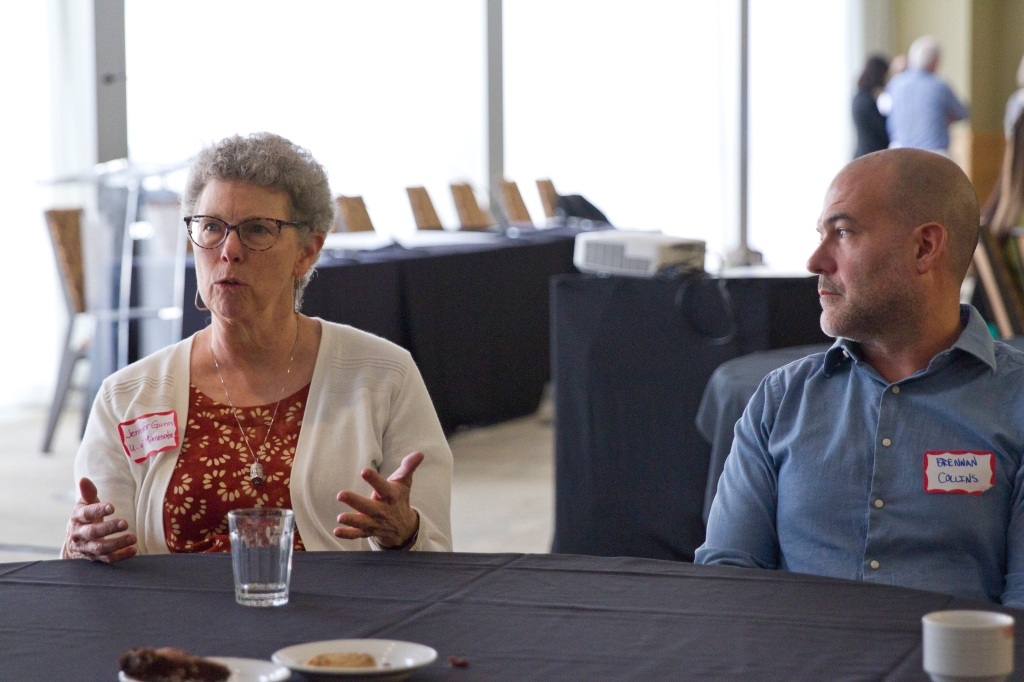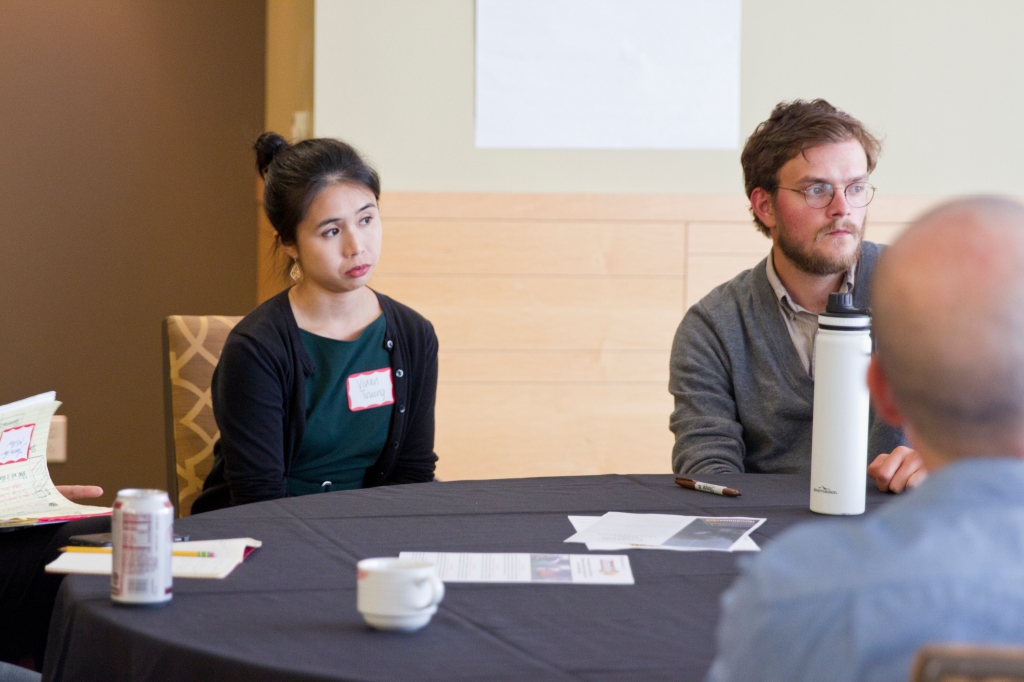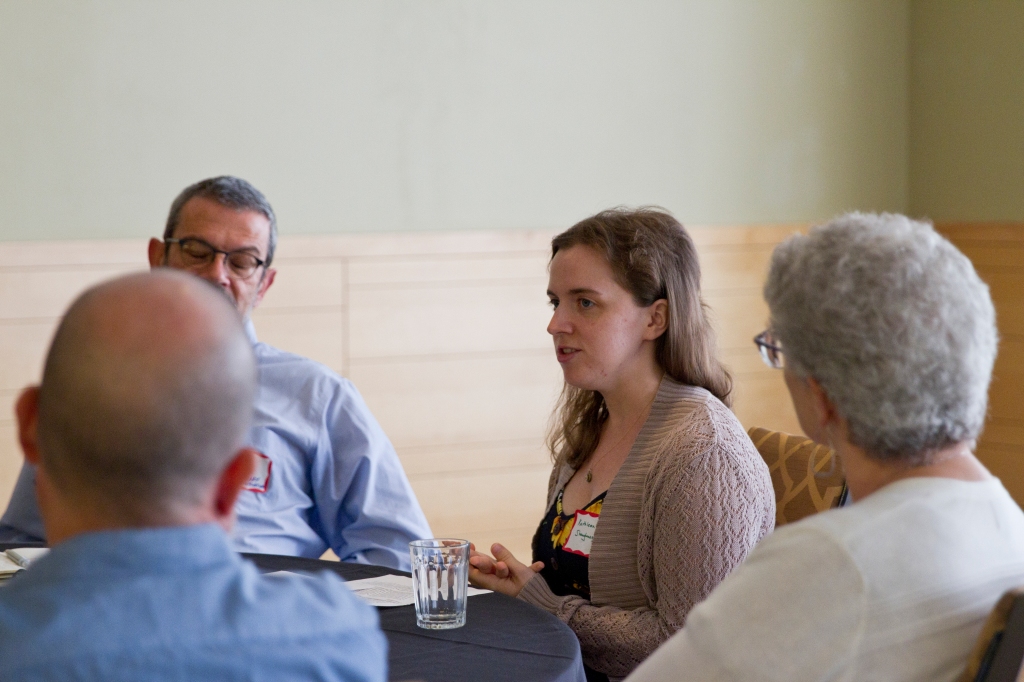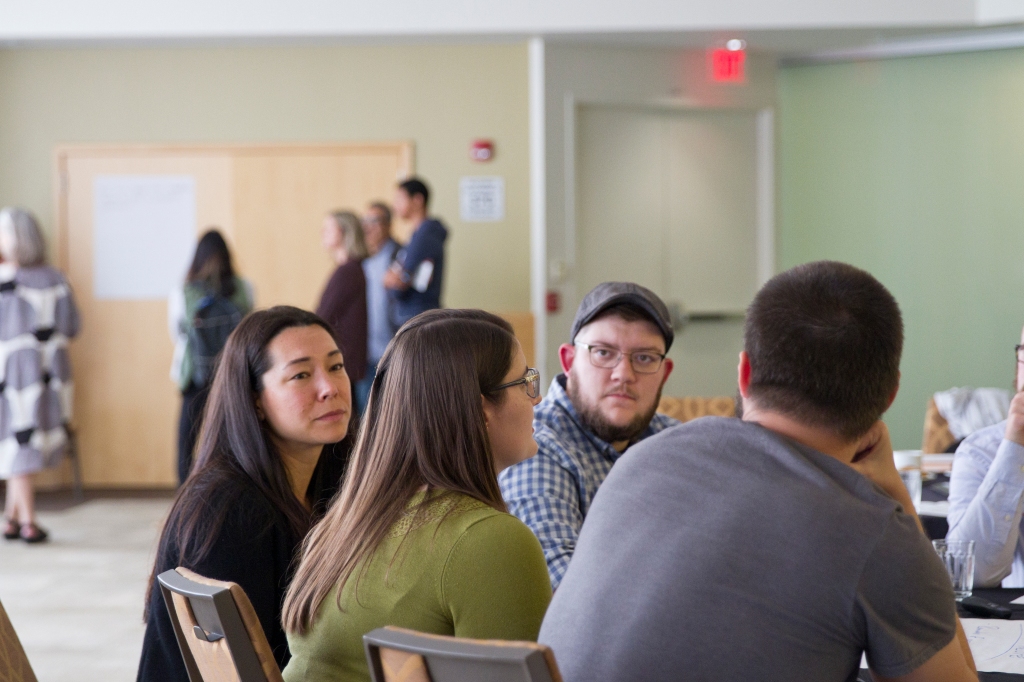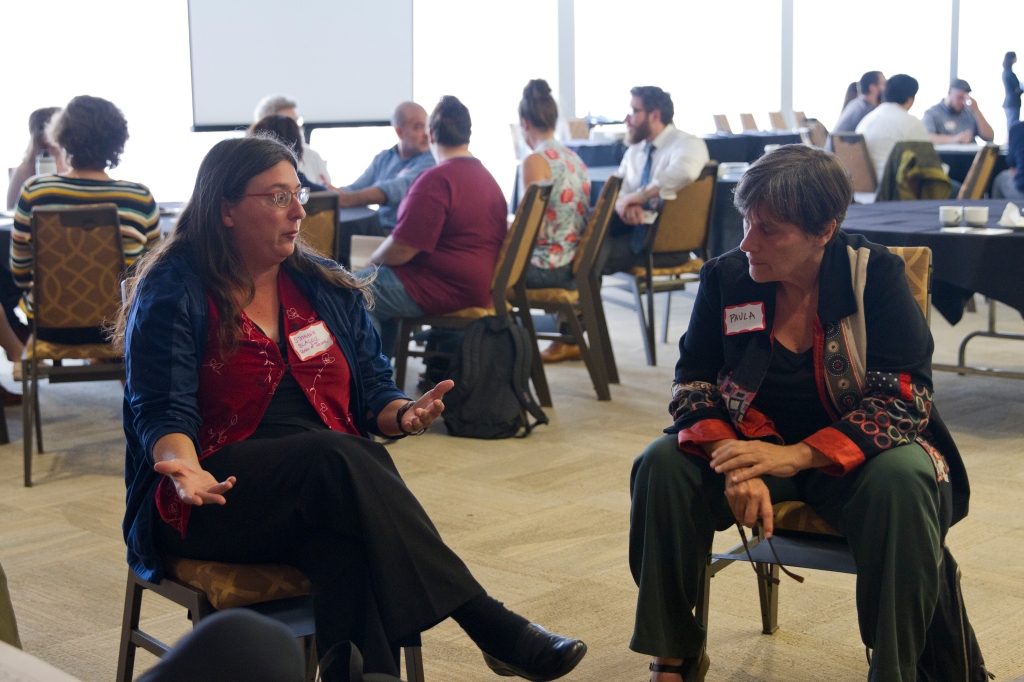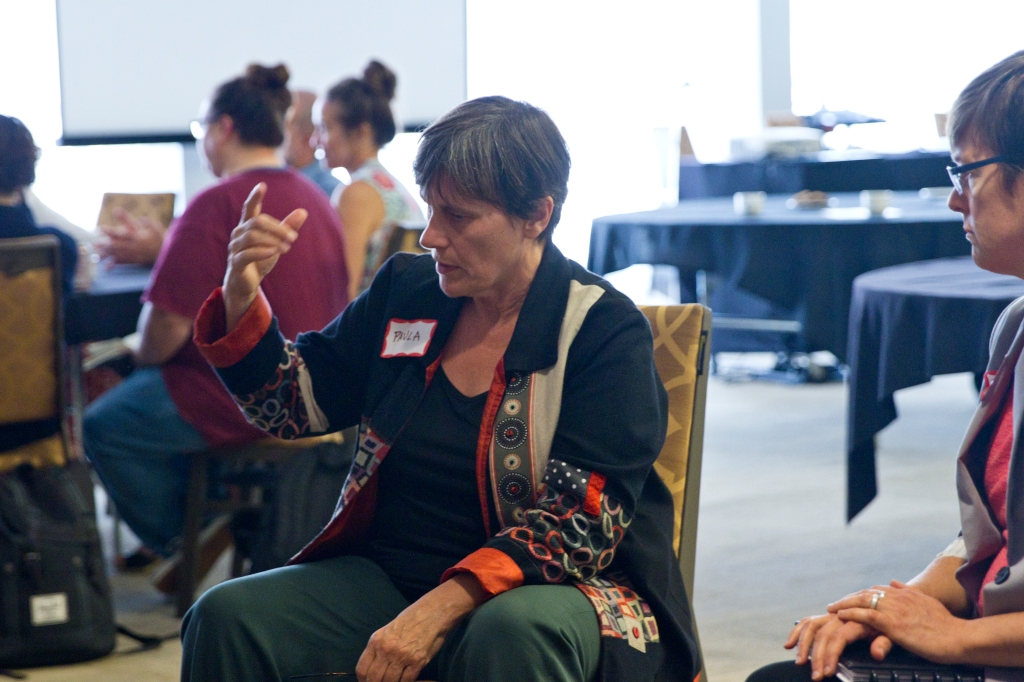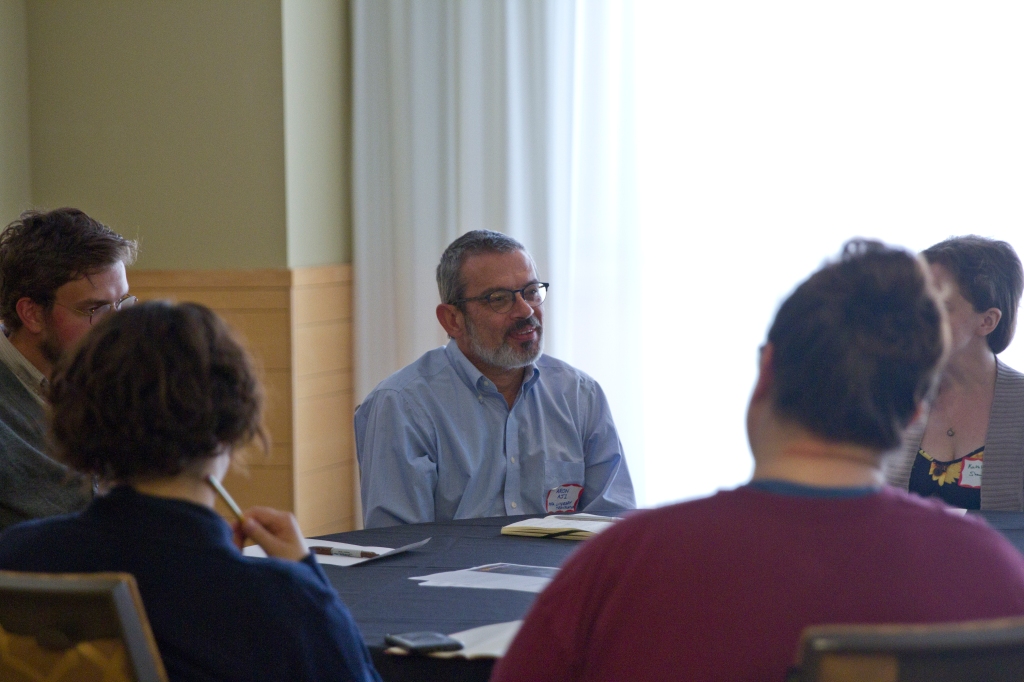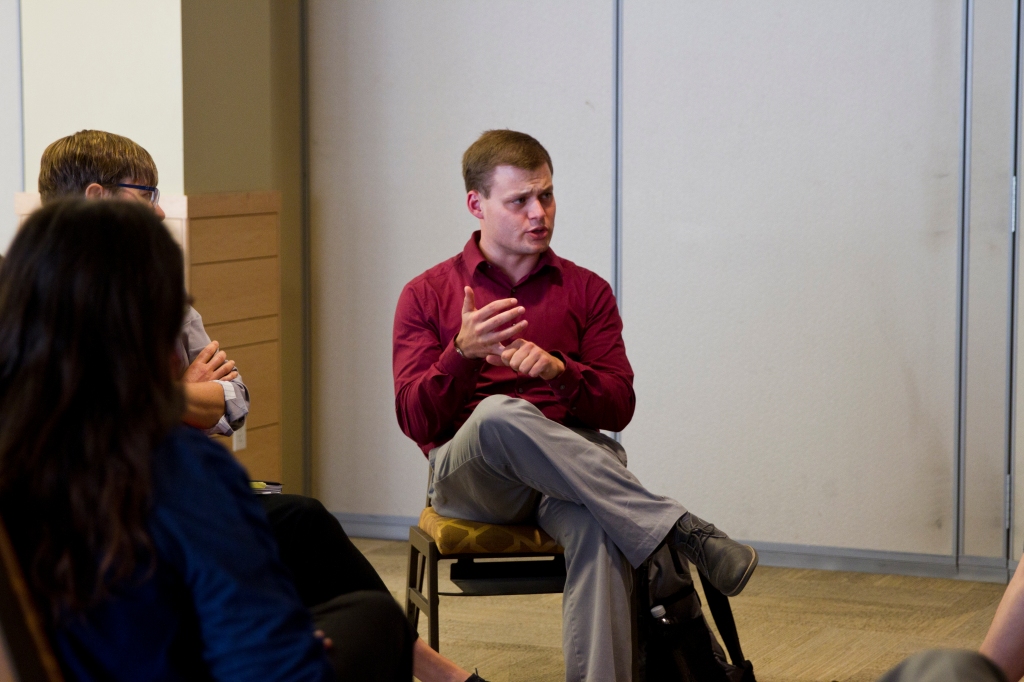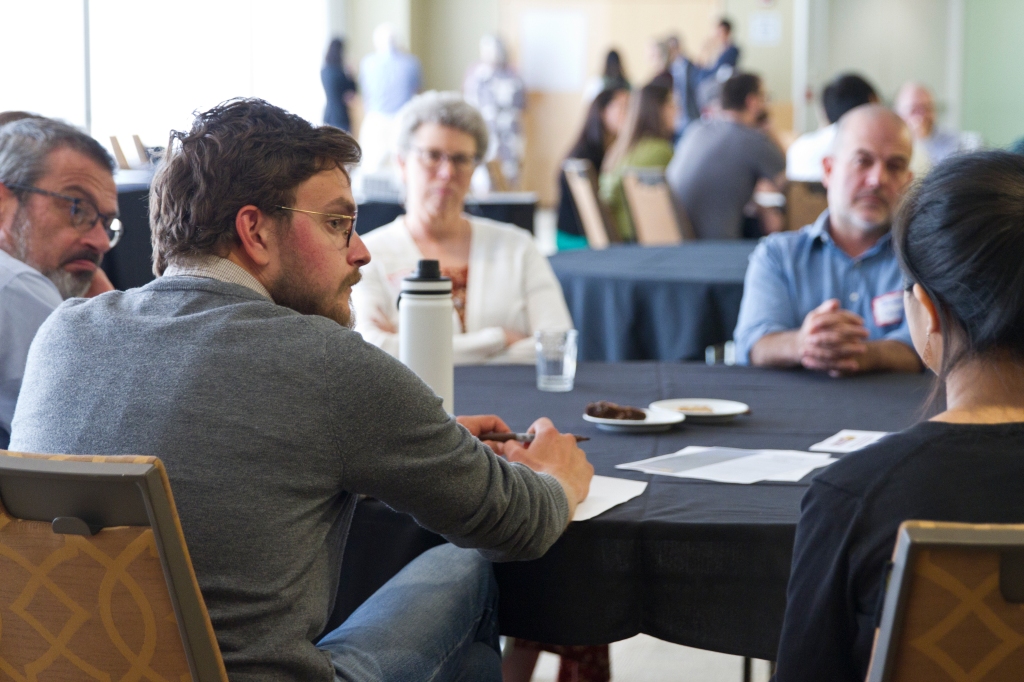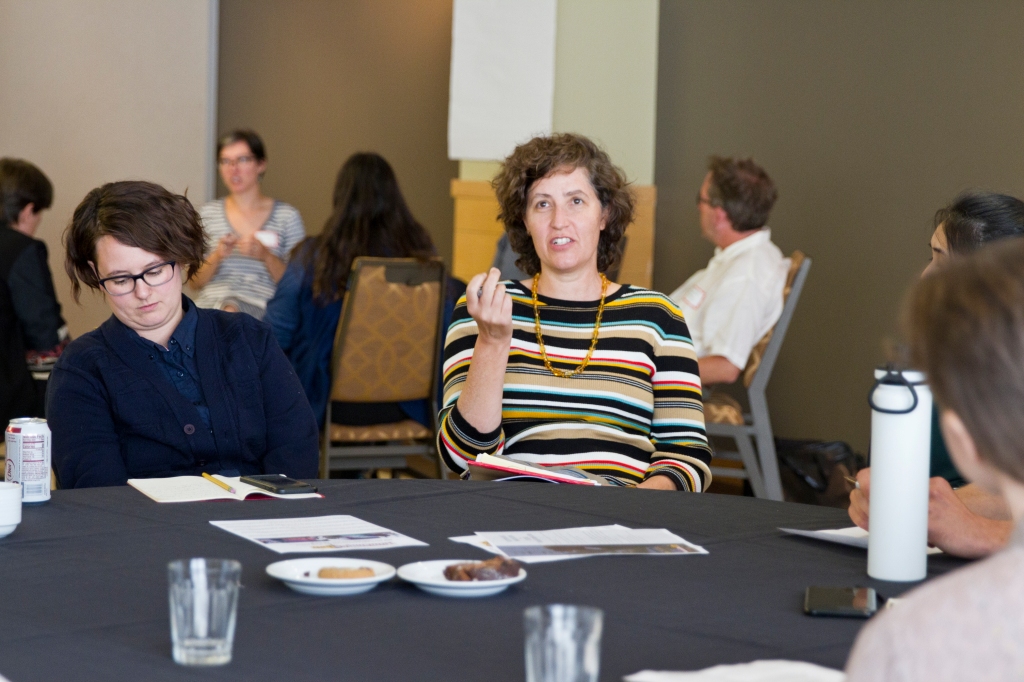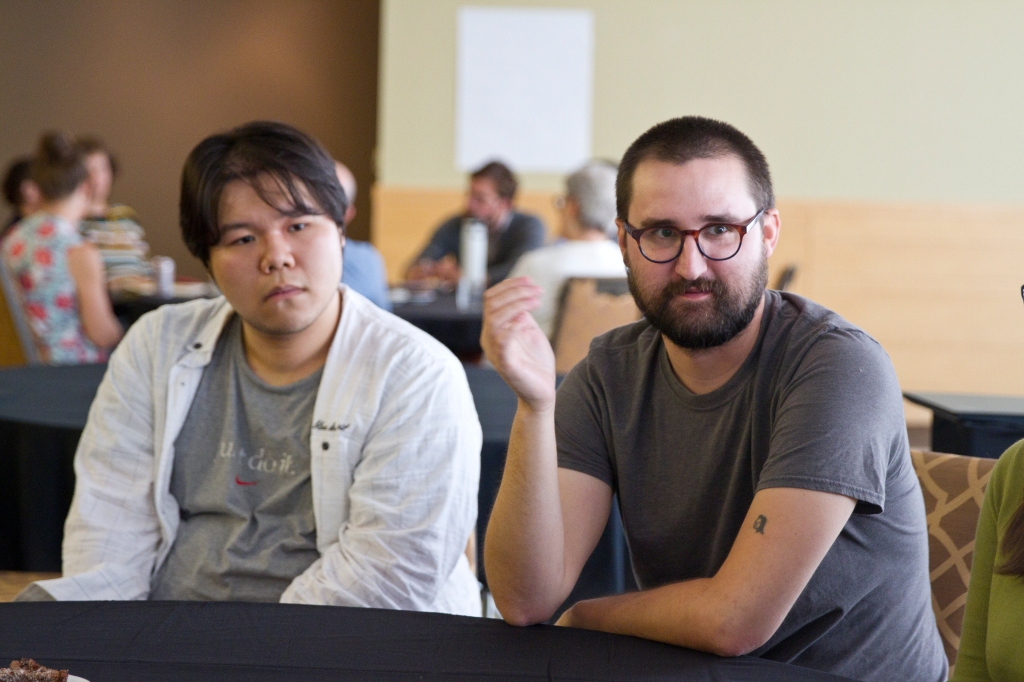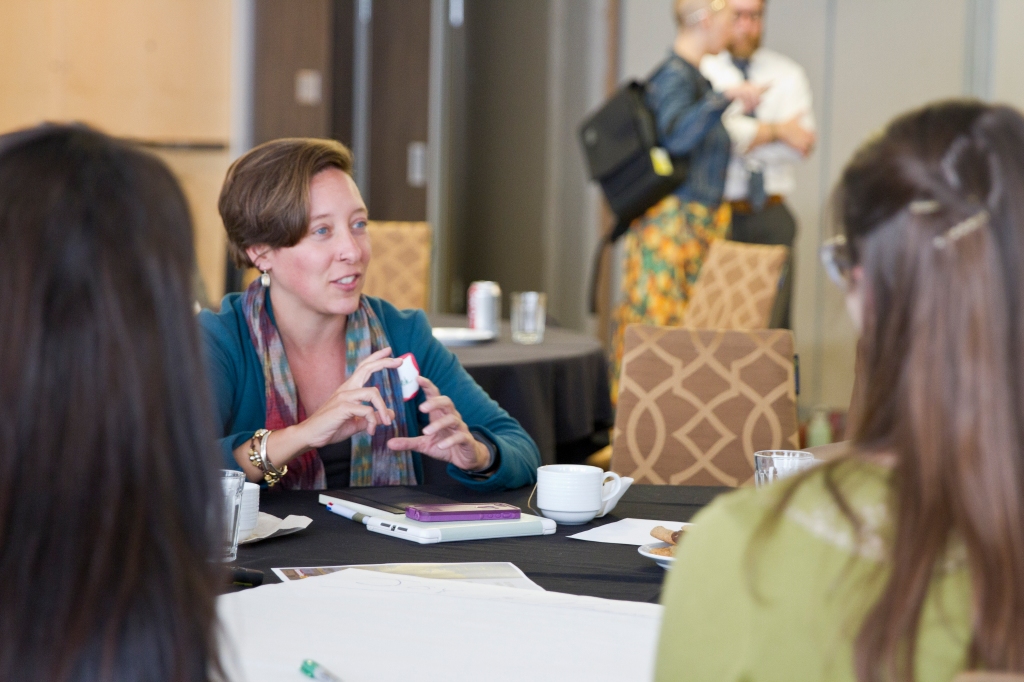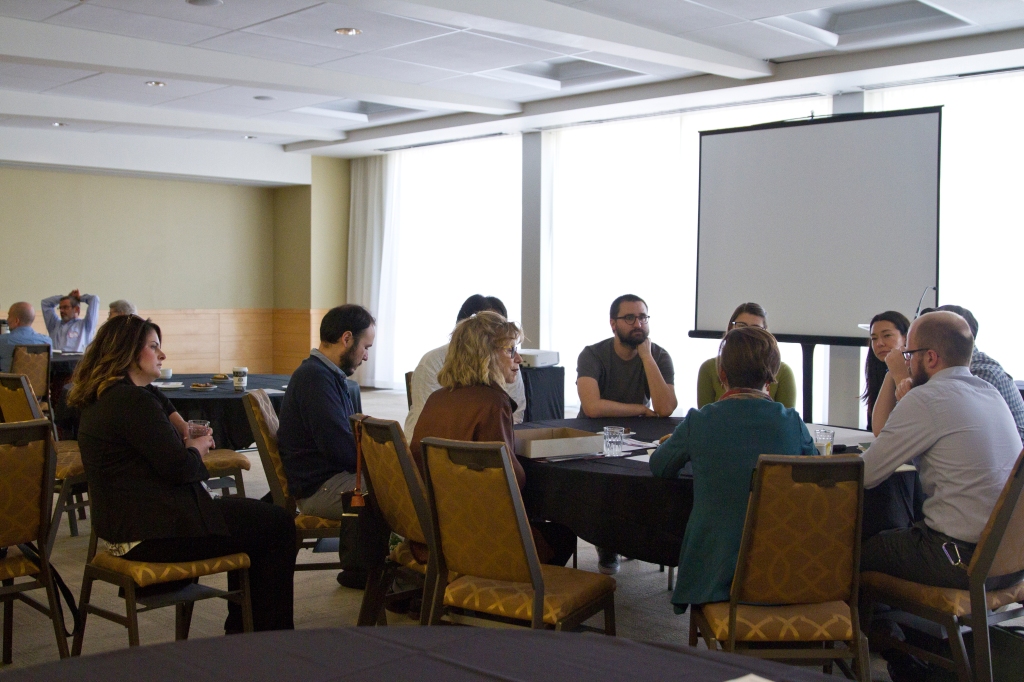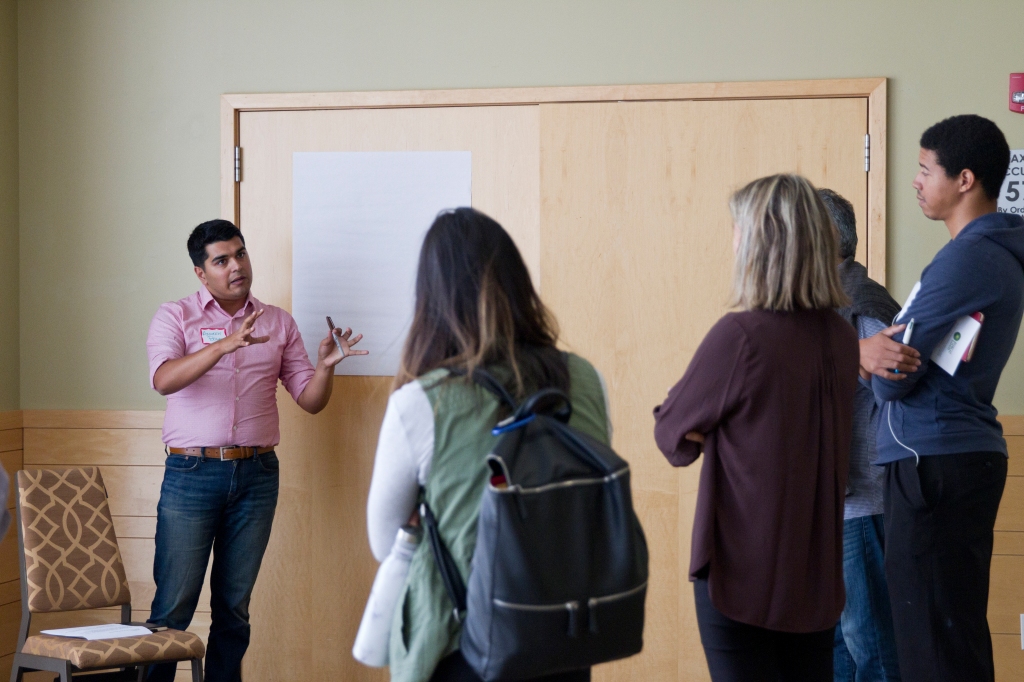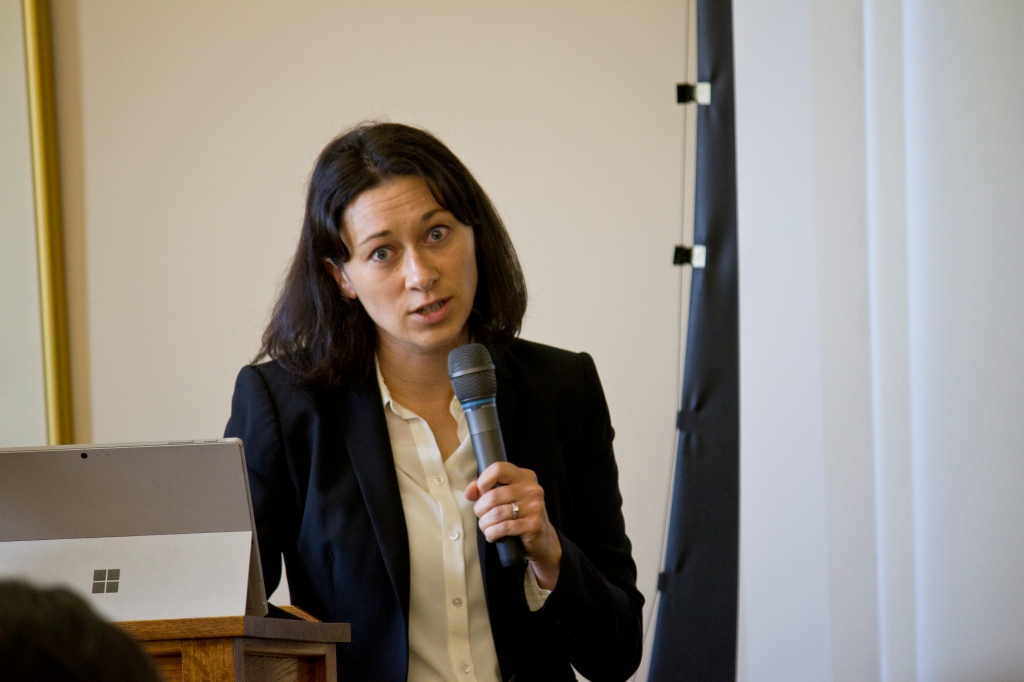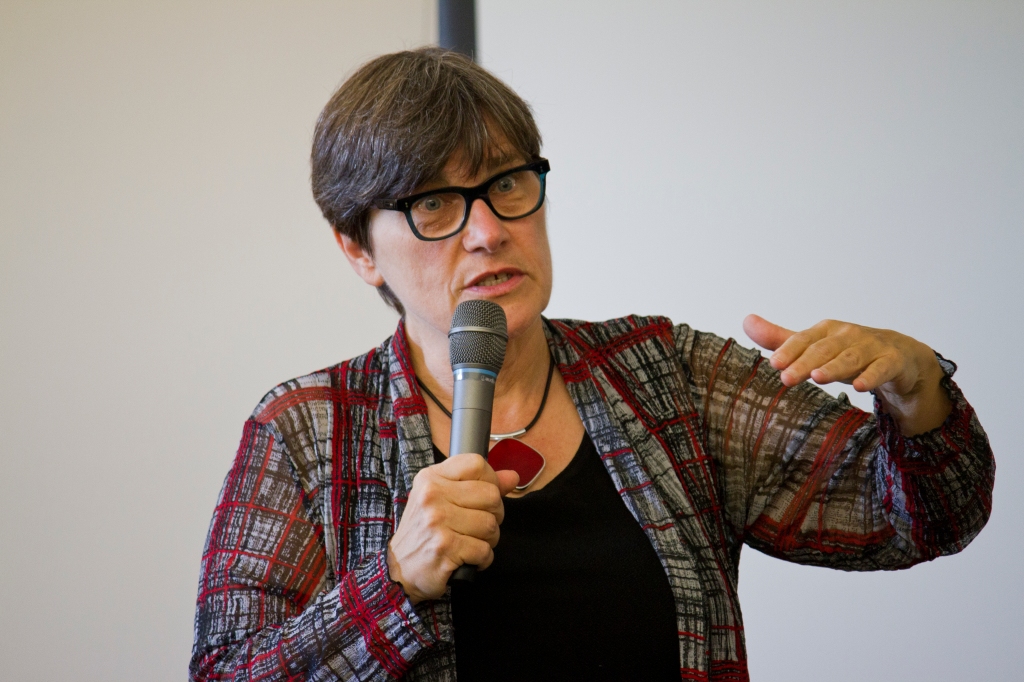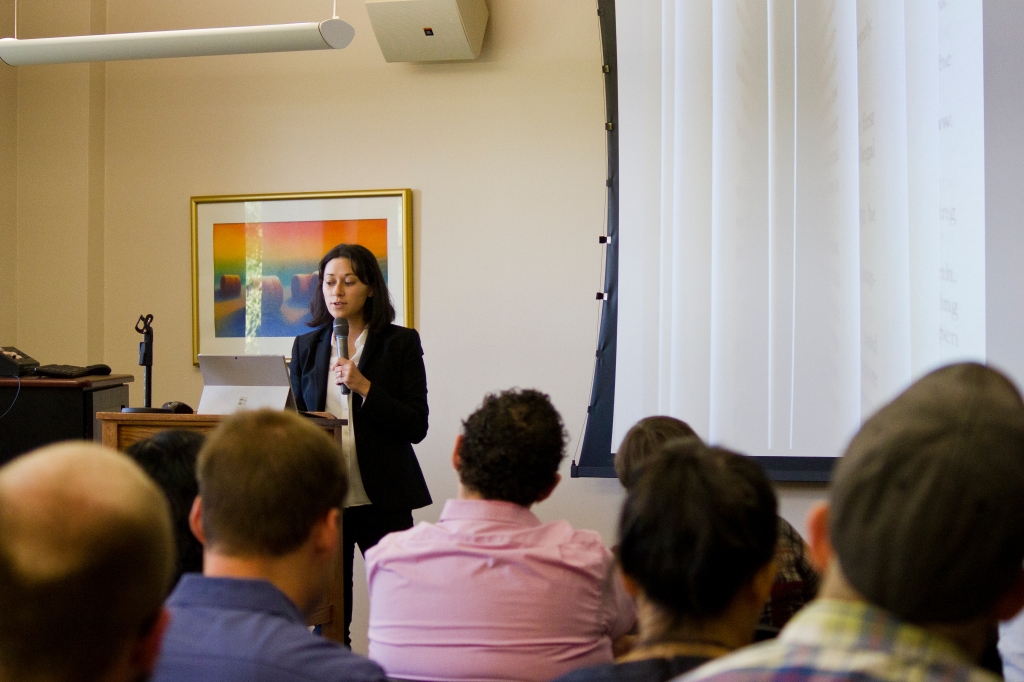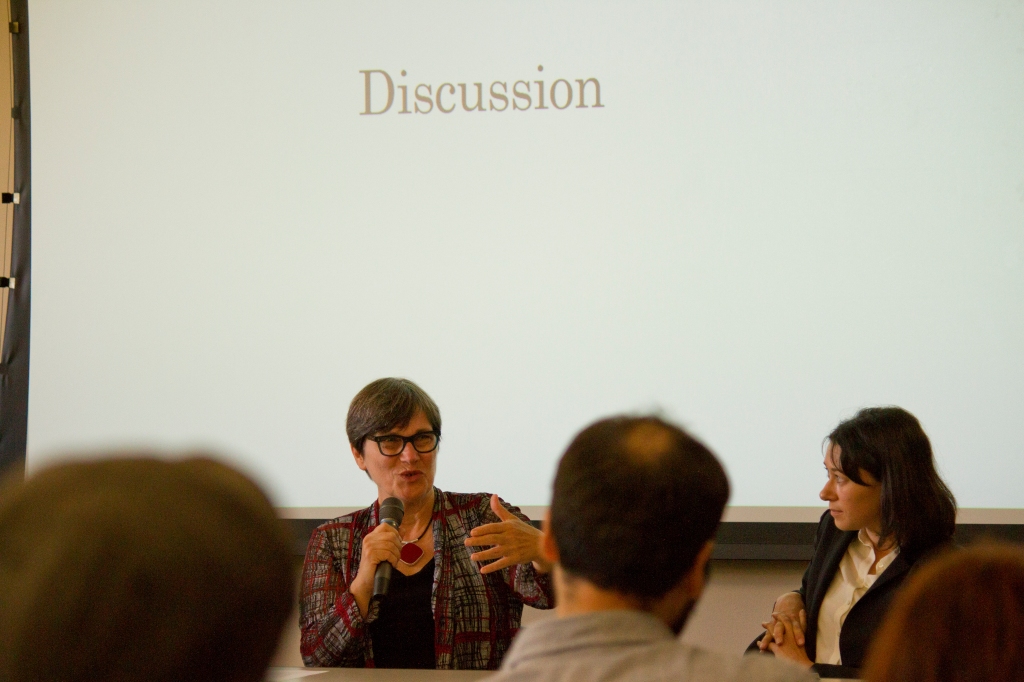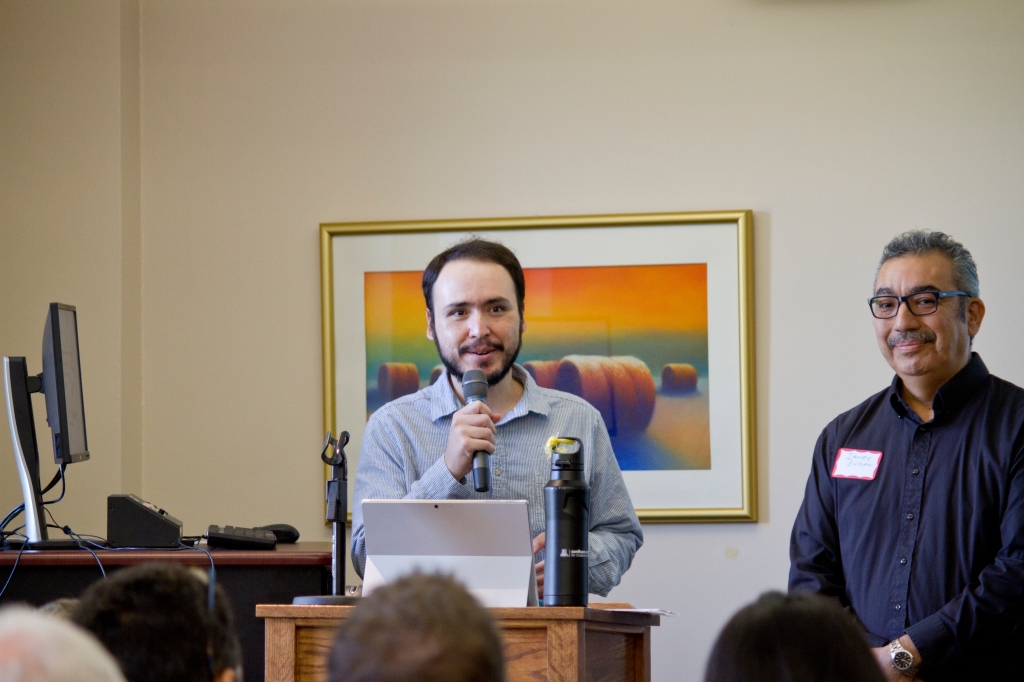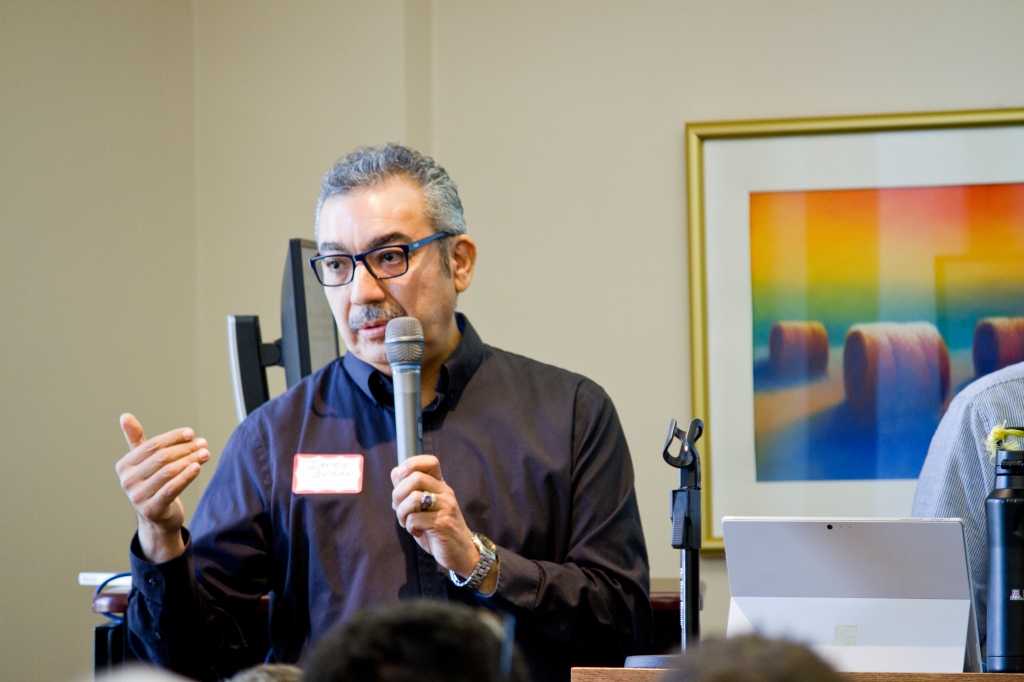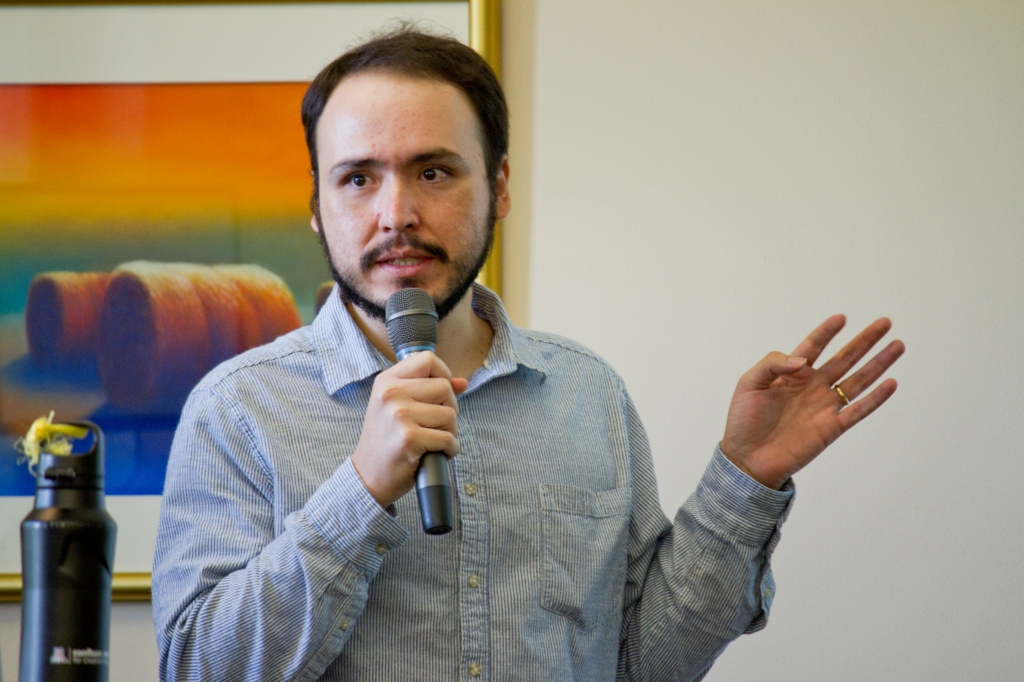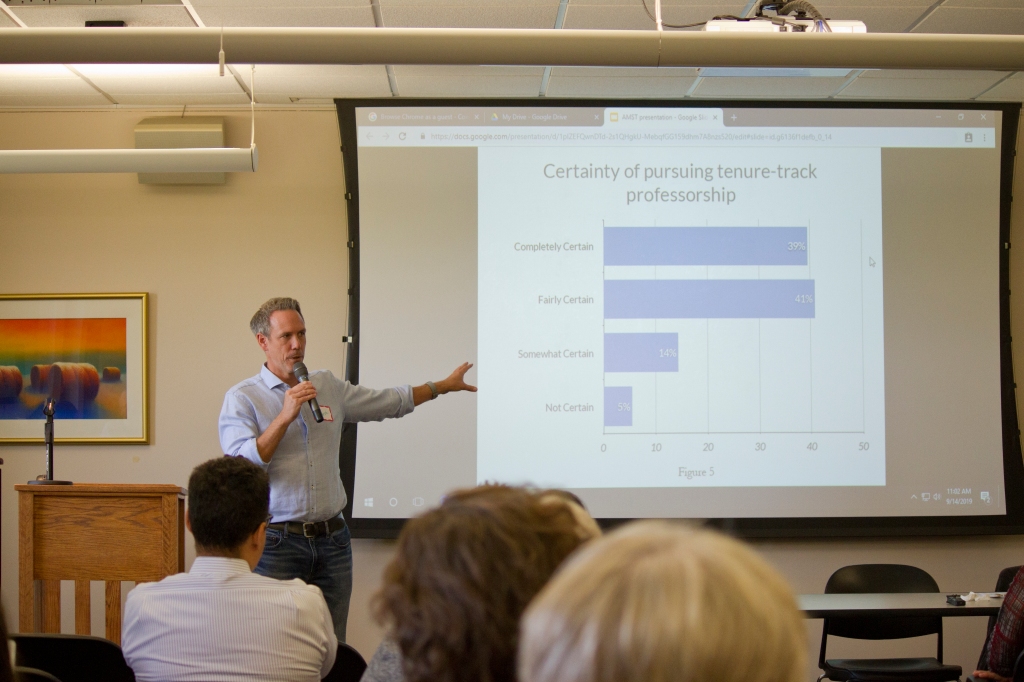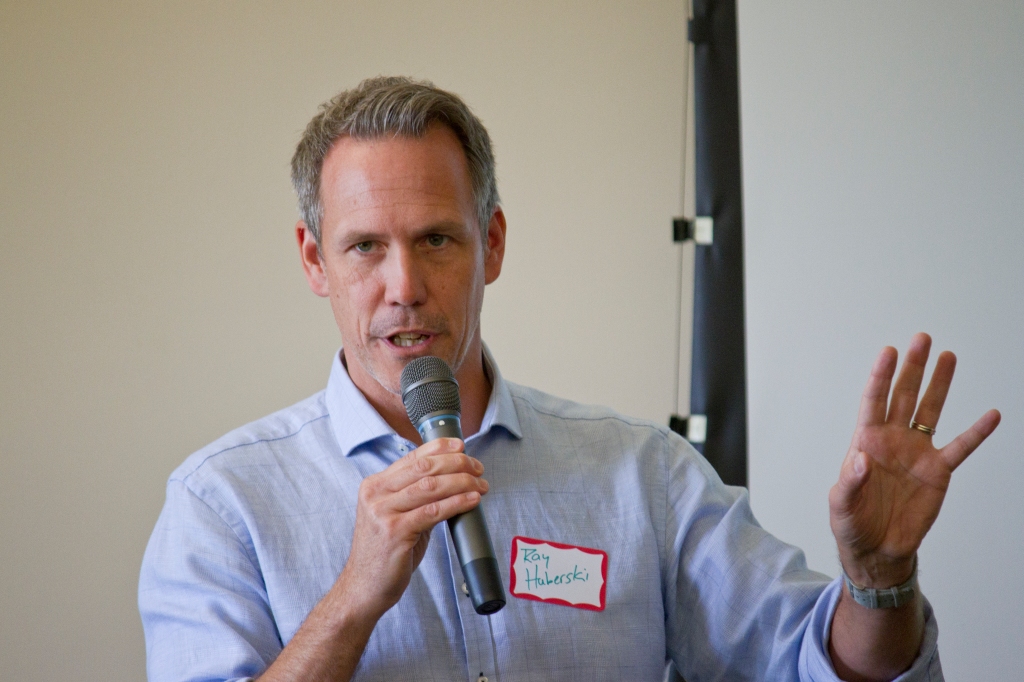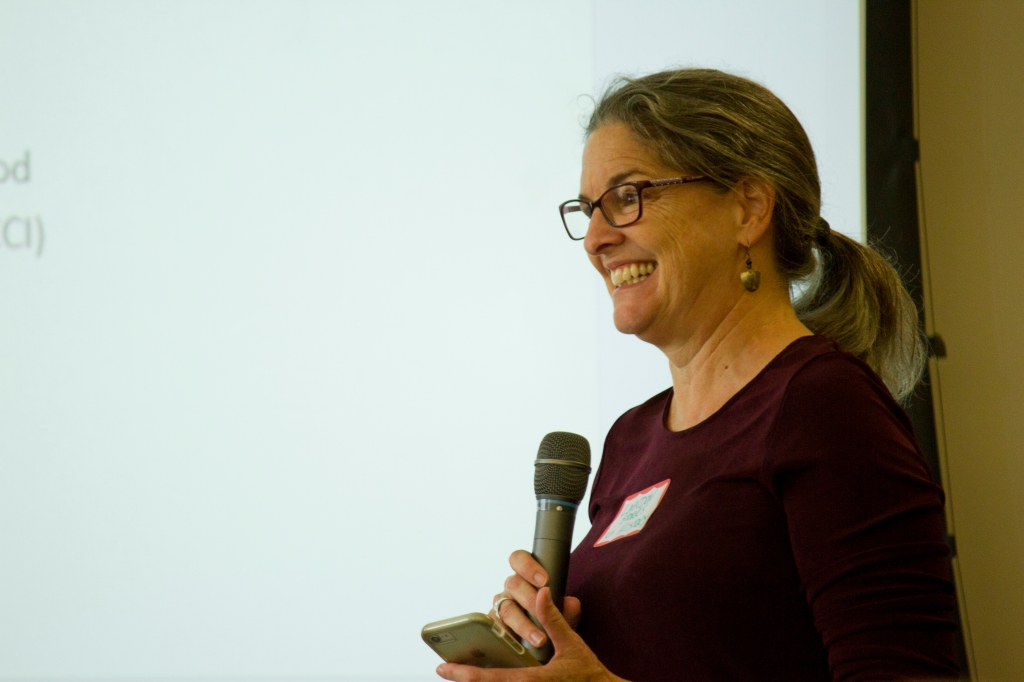September 13 – 14th, 2019: With generous support from the Andrew W. Mellon Foundation and the University of Iowa’s College of Liberal Arts and Sciences and the Office of the Vice President for Research, the symposium brought together scholars and higher education advocates from across the nation, including speakers from seven institutions and two national humanities associations. As our second convening on graduate education in the humanities (our first event was held March 2019), this gathering focused on public scholarship and graduate education, supporting students from underrepresented groups, and partnering with community colleges (where the humanities are thriving) — all critical topics that were deftly and enthusiastically explored by a range of humanities practitioners including graduate students, directors of humanities centers and associations, researchers, and teachers.
To prepare for the conversation, our visiting speakers’ bios and “thought pieces” about humanities graduate education were published online so audience members could attend the event pre-oriented to the inspiring methods and discerning questions our guests brought to the convening. All programming for the event, unless otherwise noted, was free and open to the public; no registration required.
Friday, September 13, 2019
Hotel Vetro, downtown Iowa City
Welcome
Teresa Mangum, Professor, Departments of Gender, Women’s, and Sexuality Studies and English; Director, Obermann Center for Advanced Studies
John Keller, Associate Provost for Graduate and Professional Education; Dean of the Graduate College
Montse Fuentes, Executive Vice President and Provost, University of Iowa
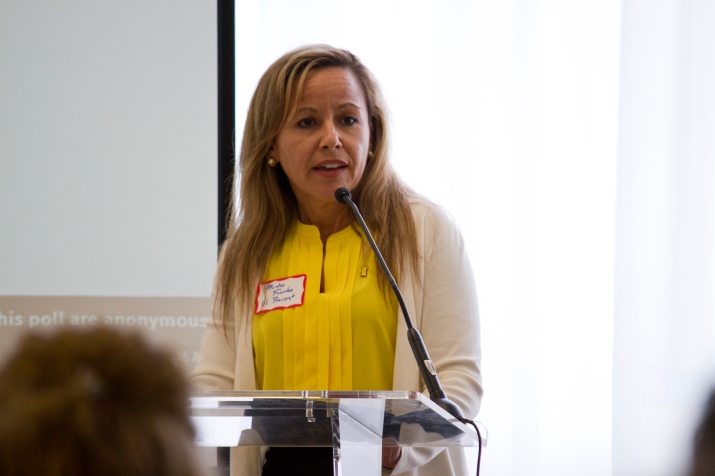
Scholarly Associations & Graduate Education: Diversifying Career Planning in the Humanities
Moderator: Teresa Mangum
Paula Krebs, Executive Director, Modern Language Association
Jim Grossman, Executive Director, American Historical Association
Humanities & Wicked Problems: Project-Based Graduate Education
Moderator: Claire Fox, Professor, Departments of English and Spanish and Portuguese; Chair, Department of English
Sally Kitch, University and Regents Professor, Women’s and Gender Studies; Founding Director, Institute for Humanities Research and Humanities Lab; Distinguished Sustainability Scientist, Wrigley Institute for Sustainability, Arizona State University
Brennan Collins, Associate Director, Center for Instructional Innovation and Writing Across the Curriculum and The Innovation Fellowship Program; Senior Academic Professional, Department of English, Georgia State University
Humanities & Engaged Practice: University of Michigan’s Public Scholars
Moderator: Christine Getz, Professor, School of Music, and Associate Dean, College of Liberal Arts and Sciences
Matthew Countryman, Associate Professor and Chair, Department of African American Studies; Associate Professor of History and American Culture
Joseph Cialdella PhD, Program Manager, Rackham Program in Public Scholarship
Vivian Truong, Doctoral Candidate, American Culture
Mellon Humanities for the Public Good Interns & Community Partners
Host: Jennifer New, Associate Director, Obermann Center for Advanced Studies, and Director, Humanities for the Public Good Graduate Internship Program
- Andrew Boge, Communication Studies
- Hannah Bonner, Cinematic Arts
- Marie Culpepper, French & Italian
- Michael Davis, Journalism & Mass Communication
- Alex Denison, Cinematic Arts
- Mark Rheaume, School of Music
- Paul Schmitt, English
- Kathleen Shaughnessy, English
HPG Interns lead small breakout groups through discussion of collaborating with non-academic partners.
Evening hosted event: Networking Reception on the Hotel Vetro Rooftop
Saturday, September 14, 2019
Gerber Lounge, English-Philosophy Building
Humanities Education & Community Colleges: Re-Imagining How We Teach Teaching
Moderator: Russ Ganim, Director, Division of World Languages and Literatures, and Professor and Department Chair, Departments of French and Italian and German
Paula Krebs, Executive Director, MLA and Former Dean of the College of Humanities and Social Sciences, Bridgewater State University, and leader in the New England Cross-Sector Partnership
Rachel Arteaga, Assistant Director, Simpson Center for the Humanities and Associate Program Director, Reimagining the Humanities PhD and Reaching New Publics, University of Washington
Applied Graduate Humanities
Moderator: Landon Storrs, Professor and Chair, Department of History
Javier Duran, Professor and Director, Confluencenter for Creative Inquiry; Professor, Latin American & Border Studies; and Director of the Mellon-funded Fronteridades: U.S.-Mexico Borderlands Project and Christian Ruvalcaba, Research Coordinator at Confluencenter for Creative Inquiry, University of Arizona
Raymond Haberski, Jr., Professor of American Studies and History and Director of the American Studies “applied” PhD Program, University of Indiana and Purdue University Indianapolis
Wrap-up Discussion
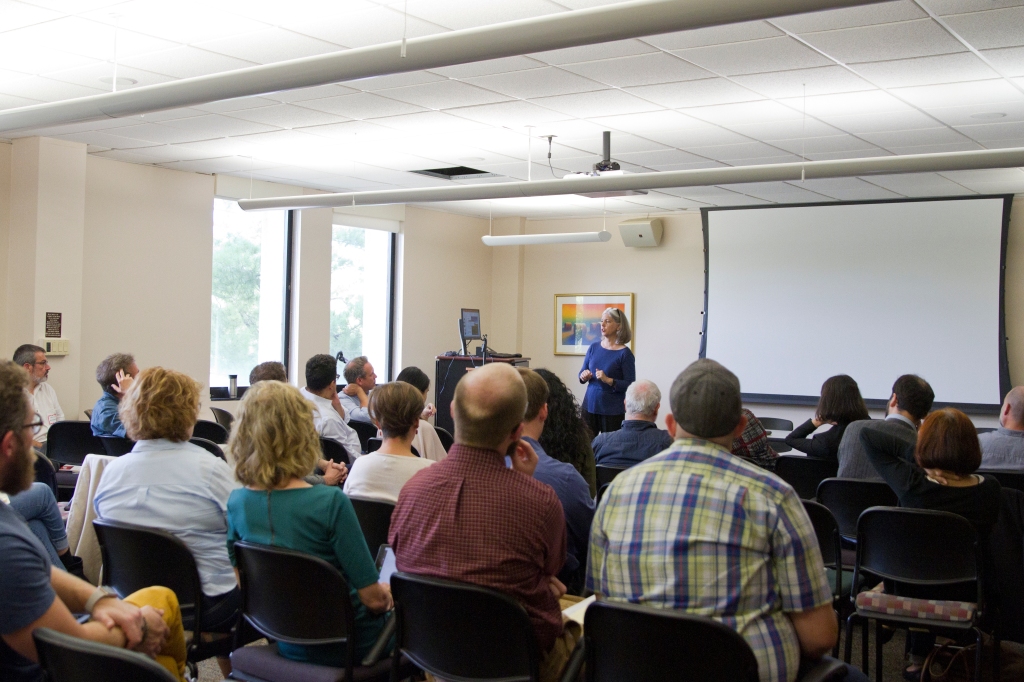
Afternoon closed event: HPG Advisory Board working lunch and Planning meeting*
*With our apologies, these two Saturday afternoon events are limited to the Humanities for the Public Good Advisory Board

